
We acknowledge the Traditional Owners and Custodians of the land where we live and work and their continuing connection to land, water, sea and community. We pay respects to Australia’s First Peoples, to their unique and diverse cultures, and to Elders past, present and future.

Welcome
A message from the Chair & CEO.
Over the past year, Social Futures achieved significant milestones, expanding our impact in communities and delivering new services. Our annual report highlights the progress we’ve made and reinforces our commitment to lasting change. We did this through 30 programs supporting 30,714 individual and group participants.
Social Futures’ goals are all about delivering a great customer experience, providing excellent services, and sustainability. In 2024, we set up a passionate Customer Experience Team to support every customer interaction to be the best it can be. Our new Lived Experience Advisory Panels are amplifying the voice of lived expertise by guiding our service design and improvements.
We continued to develop our work in mental health, wellbeing and homelessness support. New programs in these areas include Resilient Kids, The Bridge, Medicare Mental Health Centre and Byron Assertive Outreach, delivering critical services to regional Australia.
Our reputation for excellence is a testament to everyone working in and with Social Futures. We secured headspace Model Integrity Framework certification, and received accreditation of the Australian Service Excellence Standards, the National Standards for Mental Health Services, and the Rainbow Tick.
Looking ahead, we’ll keep fostering community housing initiatives and strengthening our partnerships. Together, we will continue to create a lasting, positive impact on the communities we serve.
Chair
Pat Grier, AM

CEO
Tony Davies
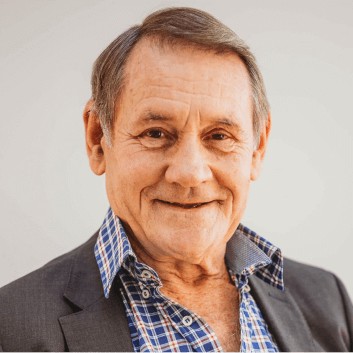
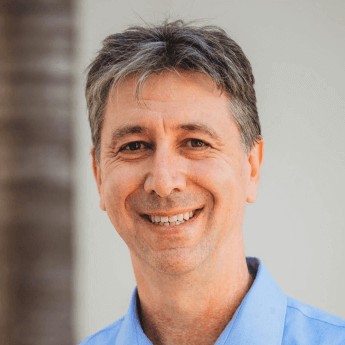

Chair
Pat Grier, AM


CEO
Tony Davies
Empowering people to thrive.
Our Vision
Thriving people, strong communities
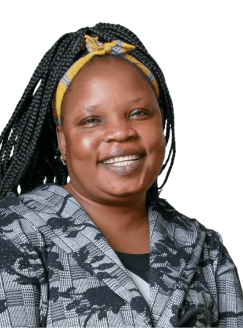
Our Purpose
To achieve positive social change in our communities
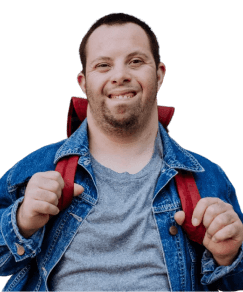
Everyone matters.
We embrace and celebrate our diversity. This empowers our people to create positive social change, together.
Social Futures has a 0% Gender Pay Gap. Plus, we were awarded the Great Workplace Accreditation from WRK+ in 2024. We will continue to foster connections, strengthen diversity and inclusion, and prioritise staff development, safety and wellbeing.
380
Staff
46%
Part-time
6.5%
Identify as First Nations
15.8%
People with disability or carers of
12%
Identify as LGBTIQSB+
8.3%
Identify as CALD
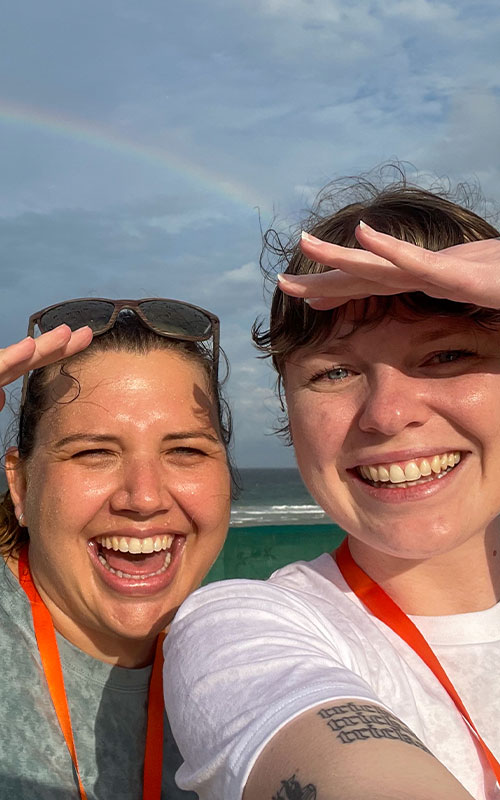
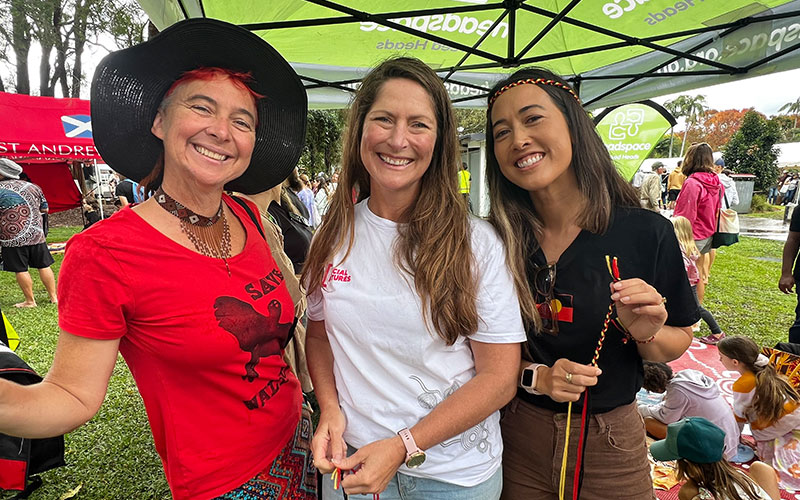
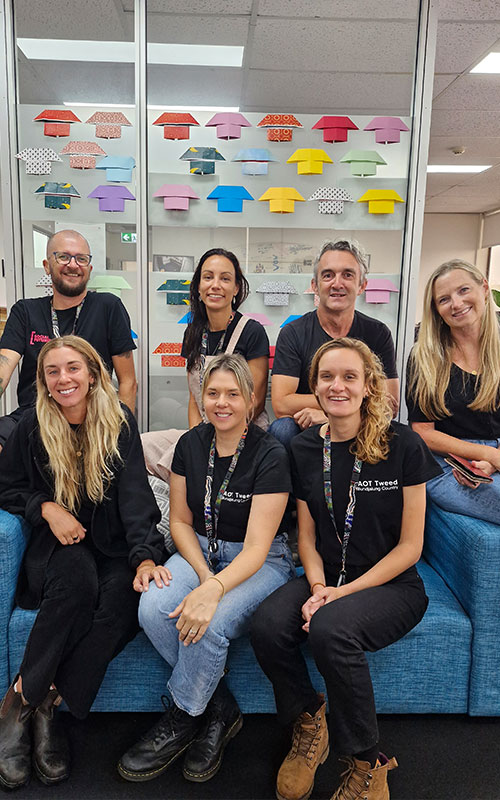
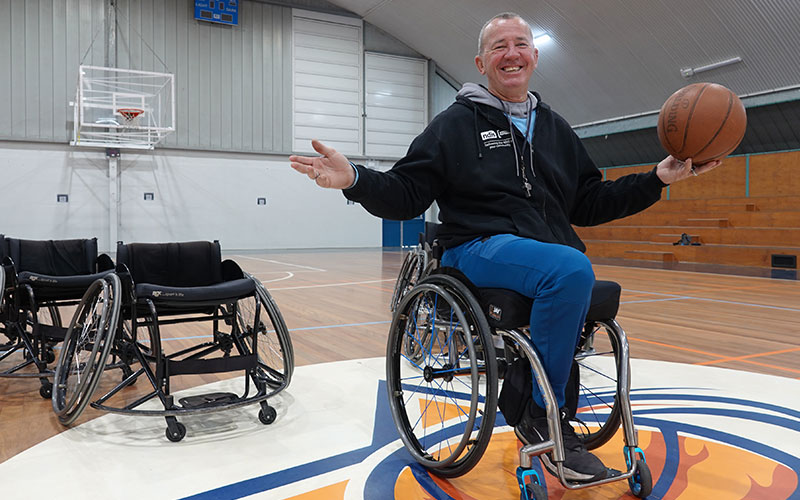
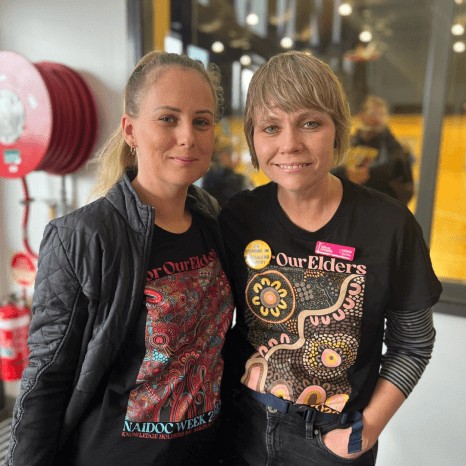
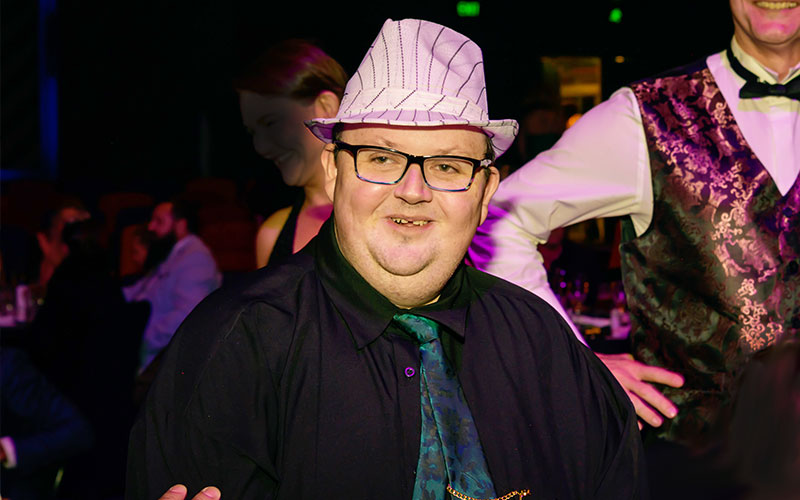
By the numbers
2023, a year of growth.
30,714
People supported on their journey to inclusion, wellbeing and independence
94,949
Total occasions of service throughout 2023-24
19,143
People with disability supported across 40+ programs and initiatives
3,597
Aboriginal and Torres Strait Islander participants supported across our footprint
17,660
Participants supported through our 2 disability inclusion programs
3,161
Participants supported through 8 housing and homelessness programs
3,670
Participants supported through 11 children, youth and family programs and 1 employment program
6,223
Participants supported through 8 mental health and wellbeing programs
12,220
New program participants in 2023-24
13,640
People and participants engaged at community events
Impact
Empowering people.
We hope you enjoy reading, watching and listening to these stories.
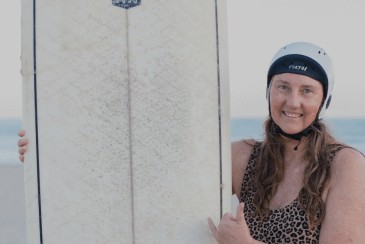 Disability Inclusion
Disability Inclusion
Surf’s up for Leanne: World Adaptive Surf Championships
Northern Rivers local Leanne Whitehouse joined more than 120 surfers from 16 countries competing in the first Australian Pro Adaptive Surfing Championship in Byron Bay in late March this year.
Leanne has long been an ardent surfer. She dreamed of going professional and competing on the world circuit, but when she was 21 she suffered a traumatic injury in a car accident.
Traumatic brain injury and partial paralysis
“I was a sleeping passenger,” she explains.
“I didn’t know I was in an accident. I had multiple injuries including a perforated bowel. That was the major injury they wanted to fix.”
Leanne also suffered a traumatic injury to the right side of her brain, paralysing the left side of her body.
But Leanne was determined to return to the sea and surf.
How Social Futures and the NDIS supported Leeanne to reach her dreams
Leanne now accesses the NDIS through Social Futures, a not-for-profit and NDIS Partner in the Community.
Through the NDIS, she sees an exercise physiologist who has helped her develop strength to ‘pop up’ or stand on a surfboard, a challenge for Leanne due to her disability.
“Before the NDIS I was catching maybe 30 waves in a whole year. I think in the first year of having NDIS support I caught 2000 because I had support to go out into the ocean. It has supported me to reach my dreams.
“I was approved for NDIS funding on my 30th brain injury anniversary and the difference the NDIS has made to me … it gives me an ordinary life. I can do things like anybody else can do now, with help,” Leanne says.
The NDIS also funds support workers for Leanne.
“Managing my neuro fatigue is a major thing. I can sleep between nine and 18 hours in a 24-hour day, so having someone to support me is huge,” she says.
“For example, the crew at the surf comp went out for dinner and without a support worker to take me, I wouldn’t have been able to go. Because when the lights go out, they go out really quick.”
Building resilience through adaptive surfing
Leanne is a passionate advocate for surfing as a way of building resilience for people living with brain injury.
Leanne qualified to compete in the Australian Pro Adaptive Surfing Championship as an unclassified invitational adaptive surfer, and she competed in the ‘standup 2 unassisted below knee’ category. While she didn’t make the finals Leanne says she still feels like a pioneer as one of the few contestants with Acquired Brain Injury (ABI).
“To be able to compete in an international surf competition in my own backyard…I feel absolutely honoured, gobsmacked, everything,” she says.
The Adaptive Surfing Professionals World Championships began in 2021 and include four events: the Hawaii Adaptive Surfing Championships, the Costa Rica Open Pro of Adaptive Surfing, the U.S. Open Adaptive Surfing Championships in Oceanside California, and for the first time this year, the Australian Pro Adaptive Surfing Championship in Byron Bay.
Leanne surfs adaptively, wearing a helmet and glasses to protect against impacts and to assist with vision and vertigo. Outside of competition she always has a surf support person with her to help her navigate vertigo and special awareness.
Ability ID supports people with hidden disabilities
When she’s not carving waves Leanne dedicates her time to her not-for-profit organisation, Ability ID.
Ability ID provides free identification cards for people with hidden disabilities, including brain injury, stroke, dementia, and autism.
“The ID cards are designed to help when people with disability find themselves in emergency situations or situations when they can’t speak,” she said.
Leanne’s advice for others living with disability is to dream big, and to keep at it.
“Never give up. That is my adage on everything. Never give up. And ask for help. Put your ego in your back pocket and ask for help,” Leanne says.
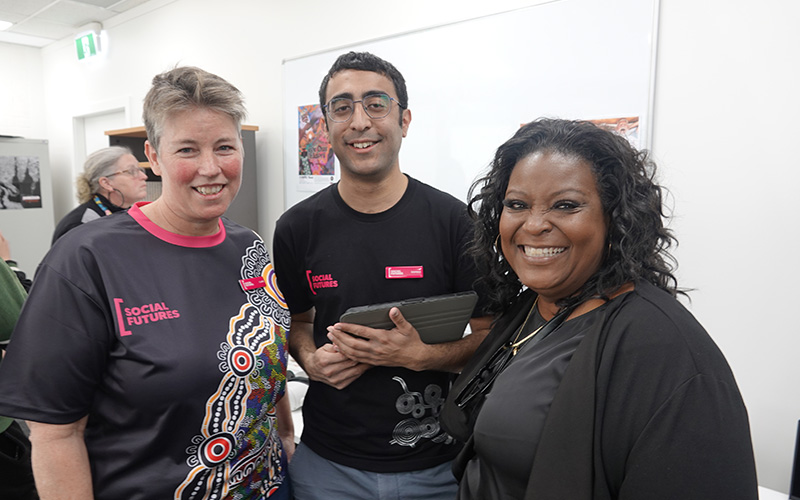 Children, Youth and Families
Children, Youth and Families
Social Futures opens three new Clubhouse technology-learning hubs
Our future is digital, and three new Clubhouse technology-learning hubs in New South Wales are setting out to ensure the leaders of tomorrow are well-equipped to handle it. Backed by the global Clubhouse Network and managed by Social Futures, these free after-school programs are providing hands-on technology education to young people in Bathurst, Broken Hill and Lismore.
Where tech meets imagination
Born out of a revolutionary educational approach from Boston, Massachusetts, with its roots at the Massachusetts Institute of Technology, The Clubhouse Network has grown to over 125 locations worldwide. This global testimony shows how education can thrive where technology and imagination meet.
Clubhouse Bathurst
July 2023 saw Clubhouse Bathurst open in support a brighter future, where young minds navigate and lead in an increasingly digital world. Supported by funding from Regional NSW, The Clubhouse offers a safe space for 12 to 18-year-olds to explore technologies like video editing, animation, and robotics.
Visit our website to read From Boston to Bathurst – US educators open Clubhouse tech hub in western NSW
Clubhouse Broken Hill brings tech to Western NSW youth
Clubhouse Broken Hill was established with funding from the NSW Government’s ‘Our Region, Our Voice’ Regional Youth Investment Program. As Social Futures CEO Tony Davies described, it is an “engine room for future digital leaders.”
Visit our website to read Innovative tech hub for teens arrives in Broken Hill
Clubhouse Lismore re-opens in February 2024
Two years on from when the 2022 floods damaged the original venue, Lismore celebrated the reopening of its Clubhouse, now equipped with fresh technology for 12 to 18-year-olds.
Visit our website to read Clubhouse Lismore reopens post floods
Social Futures Clubhouse members win awards at the Global Reach Media Festival
The Global Reach Media Festival encourages youth from around the world to express themselves about issues that are important to them.
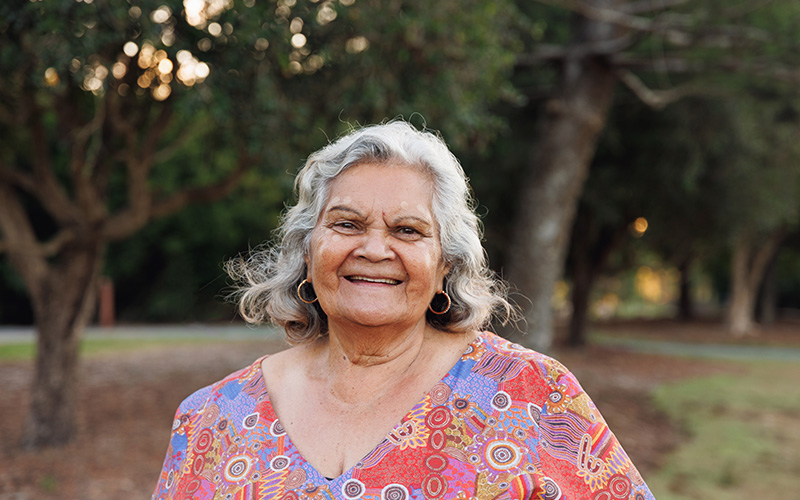 Seniors in Community
Seniors in Community
Josie gains valuable social connections
Josie faced significant challenges in her late sixties. She lived in rural isolation with mental health issues. Her home was unsafe, as she was experiencing a hoarding disorder.
Josie was apprehensive that accepting in-home support may lead to a loss of independence. However, through persistent and compassionate engagement, her care coordinator built a trusting relationship with her over several visits. This patient approach led to positive changes in Josie’s life.
Now, Josie enjoys weekly trips into town for a meal service, where she receives the nutrition she needs and gains valuable social connections.
Josie’s story is a testament to care finder services in the community.
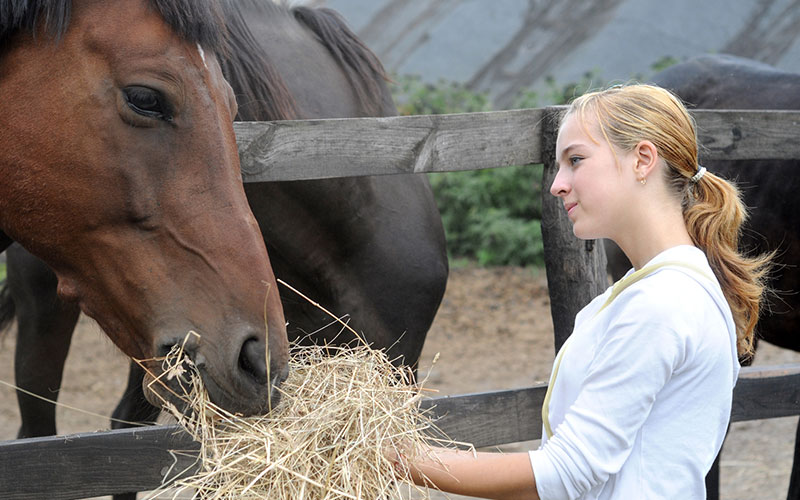 Mental Health and Wellbeing
Mental Health and Wellbeing
Lily’s story: A Resilient Kids case study
Lily* was referred to the Resilient Kids Program due to significant mental health issues related to homelessness following the 2022 floods, and family violence. She had disengaged from school and was self-harming. Her family was living in temporary pod village accommodation and were awaiting permanent housing. There had been several reports of violent incidents between Lily and her mother.
Lily engages with counselling through Resilient Kids
During her sessions Lily was able to talk openly about her experiences, both in relation to past and current domestic violence, and grief related to losing her home and connection with her friends and the community.
An holistic approach to healing
Lily enjoyed walking and talking in nature during her sessions, and creative arts were used in session to support processing past traumatic experiences and relationships. With Lily’s permission, referrals were made for Family Support and to equine therapy, as Lily had identified working with animals as a personal goal.
Relationship restored
Since undertaking creative art therapy, family and equine therapy, Lily’s confidence and self-esteem has grown significantly. Her relationship with her mother has improved to the point where she invited her mother to an equine therapy session. Lily said in her last session that she feels so much happier and that her relationship with her mother is so much better than it had been previously.
Looking to a future working with horses
Lily was delighted when the equine therapist said that she would employ Lily in the future, as she had so much potential and was so good around horses. This was a huge boost to Lily’s self-esteem. Lily will continue to receive ongoing support with the Resilient Kids counsellor as required.
* Lily’s name has been changed to protect her identity.
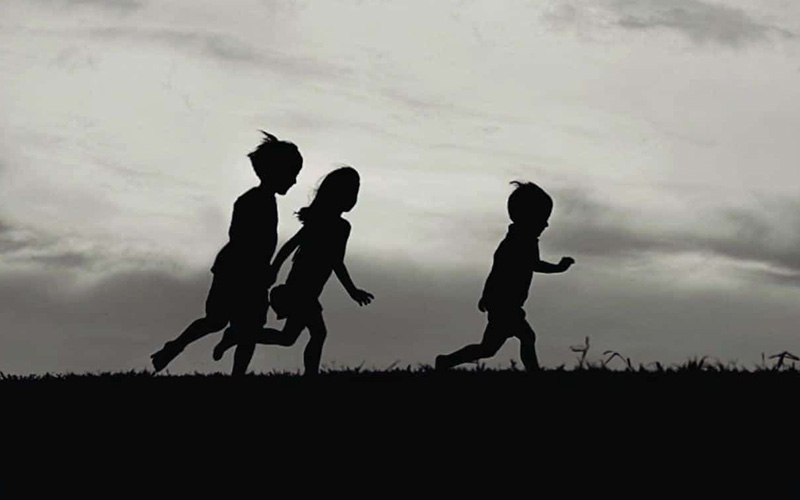 Children, Youth and Families
Children, Youth and Families
Embedding trauma informed care and practice
Since 2019, the Better Chances Forum has been building on sector investment in trauma-responsive care to support workers and managers across Northern NSW. This project is a culmination of collaboration and practice wisdom, gathered from Better Chances Forum hosted events and consultations between 2019 and 2024.
This project report outlines key strengths and approaches that support trauma-informed care and how it is embedded in our practice, along with case studies from Better Chances Forum members and practical strategies to support our work.

Our vision for reconciliation.
Reconciliation is everyone’s business, and every step we take is guided by this vision at Social Futures. In May 2024, we launched our third Innovate Reconciliation Action Plan to foster understanding, respect and meaningful action.
We are steadily advancing towards our target of having 10% of Social Futures’ workforce identifying as Aboriginal and/or Torres Strait Islander Peoples, achieving a significant 6.5% as of the end of June 2024.
Our collaboration with First Nations-led events supports community connection, the opportunity for cultural continuation and celebration. In 2024, we marked our ninth year of walking with the Kinship Festival, a major celebration of culture on Bundjalung Country, supported by more than 40 of our staff. During NAIDOC Week 2023, we celebrated For Our Elders in over 24 community gatherings across our footprint — built upon years of relationships in community.
We place significant emphasis on supporting the learning and development journeys of our staff at Social Futures.
- Our RAP e-module was completed by 357 staff.
- The Seven Steps to Practical Reconciliation e-module was undertaken by 239 staff.
- MurriMatters led Engoori Professional Learning Workshops for 26 of our leaders.
- We started our Cultural Mentoring pilot to support Aboriginal and Torres Strait Islander staff with cultural guidance, knowledge and practice; and to help manage cultural load.
- Our Mob came together again this year for its annual gathering. Seventeen Aboriginal and Torres Strait Islander staff explored what makes them Deadly, ways of connecting to Country and keeping strong.
Social Futures continued investing in Aboriginal and Torres Strait Islander businesses, with a direct spend of over $167,000 on goods and services. Our Buying Blak policy implementation over the next year reflects our commitment to increase this spend moving forward. Together, we’re fostering strong relationships and meaningful actions, deepening our commitment to Reconciliation.
Our Reconciliation Action Plan is not just a document, we want it to be a living project that:
Responds to change and growth
Commits us to real action, strategies for acknowledging and celebrating strength and resilience
Finds ways to improve our knowledge and understanding

Our capabilities & services.
Over four and a half decades, we have built deep connections into regional Australian communities. We are proud of our strong and extensive network of partnerships, referral pathways and collaborations with other service providers, sector organisations and community leaders.
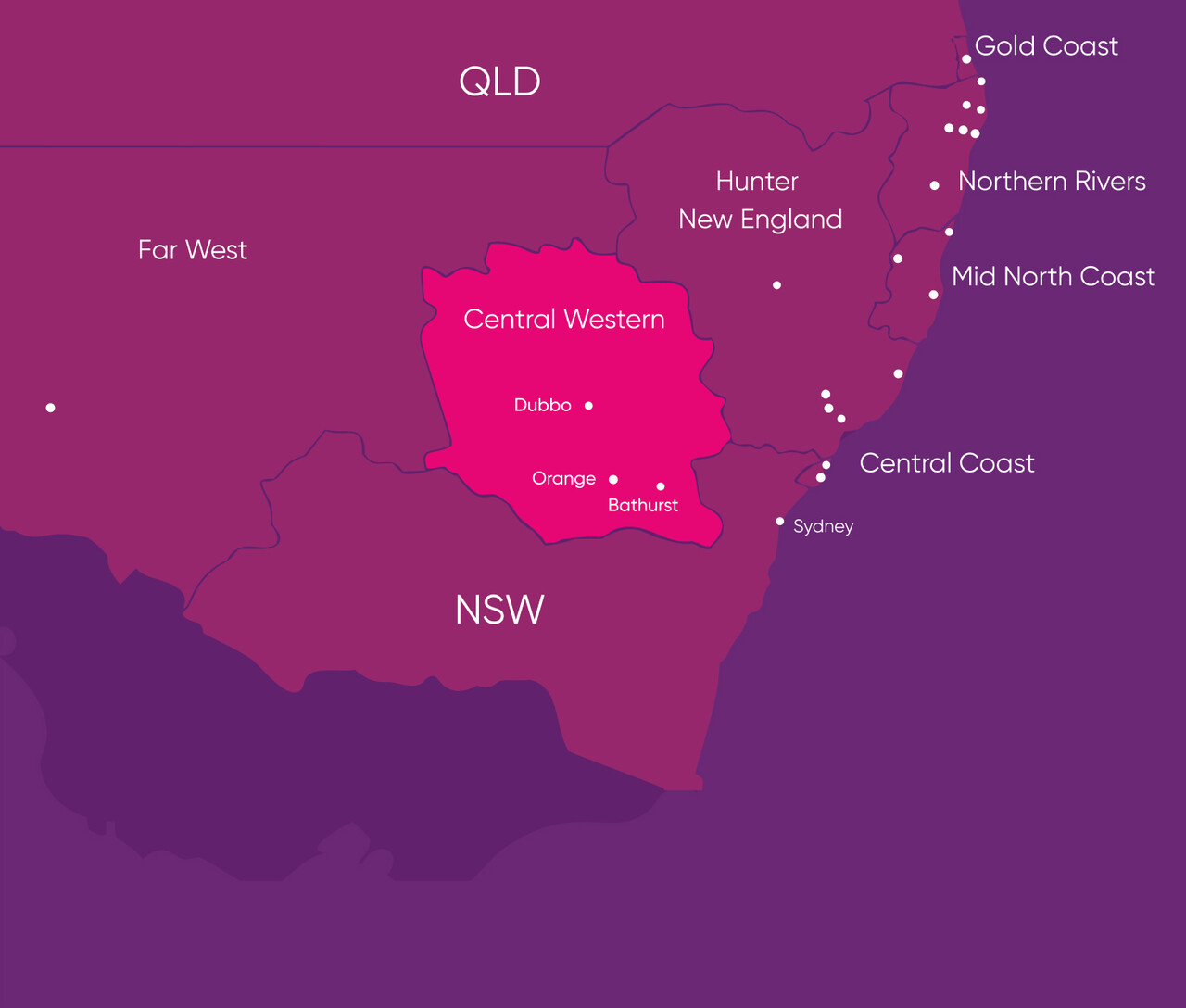
Central Western
Wiradjuri
- Children, Youth and Families
- Disability Inclusion
- Mental Health and Wellbeing
- Seniors in Community
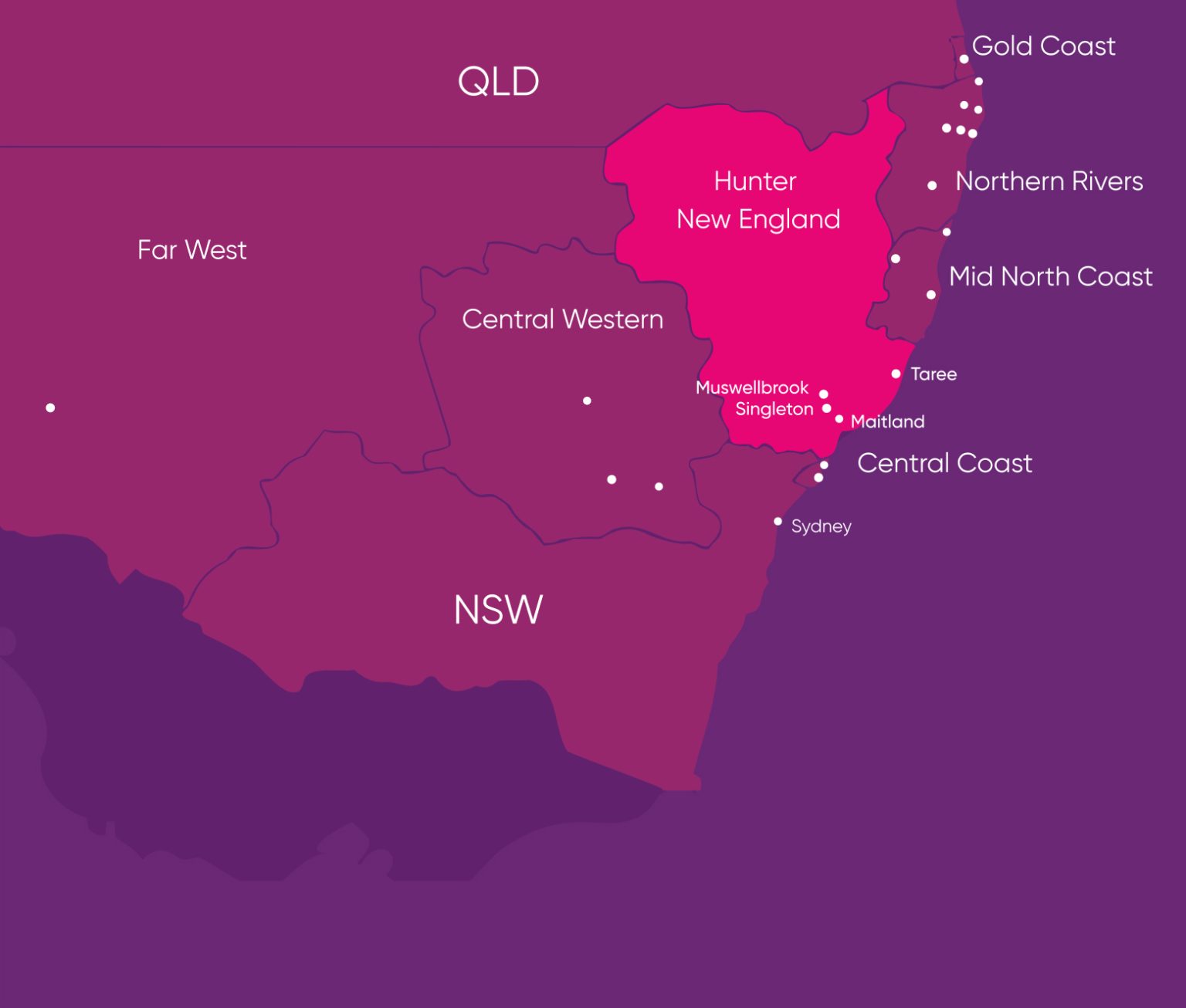
Hunter New England
Kamilaroi, Wonnarua/Wanaruah and Biripi
- Mental Health and Wellbeing
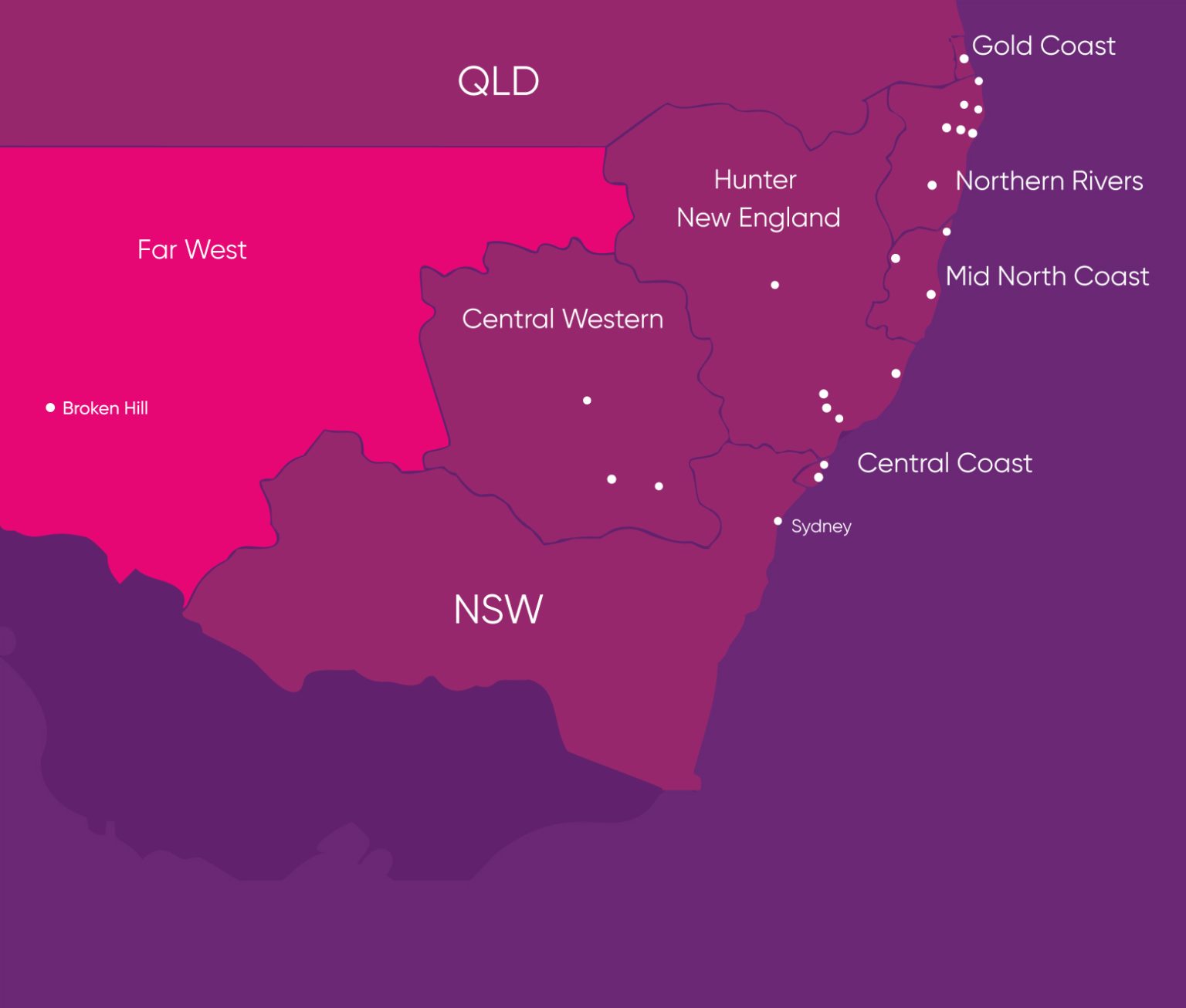
Far West
Wilyakali
- Children, Youth and Families
- Disability Inclusion
- Mental Health and Wellbeing
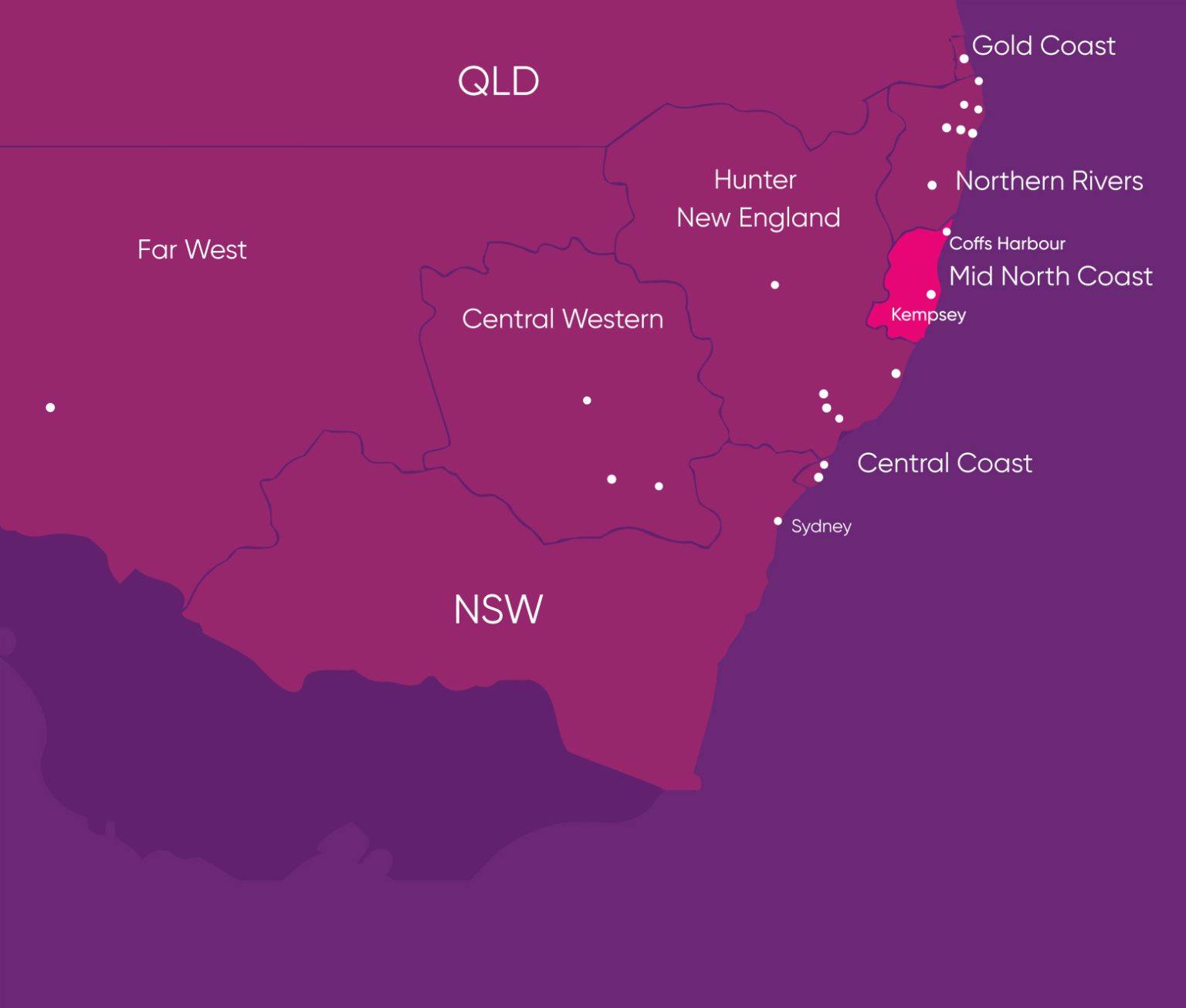
Mid North Coast
Gumbaynggirr and Dunghutti
- Children, Youth and Families
- Disaster Recovery
- Mental Health and Wellbeing
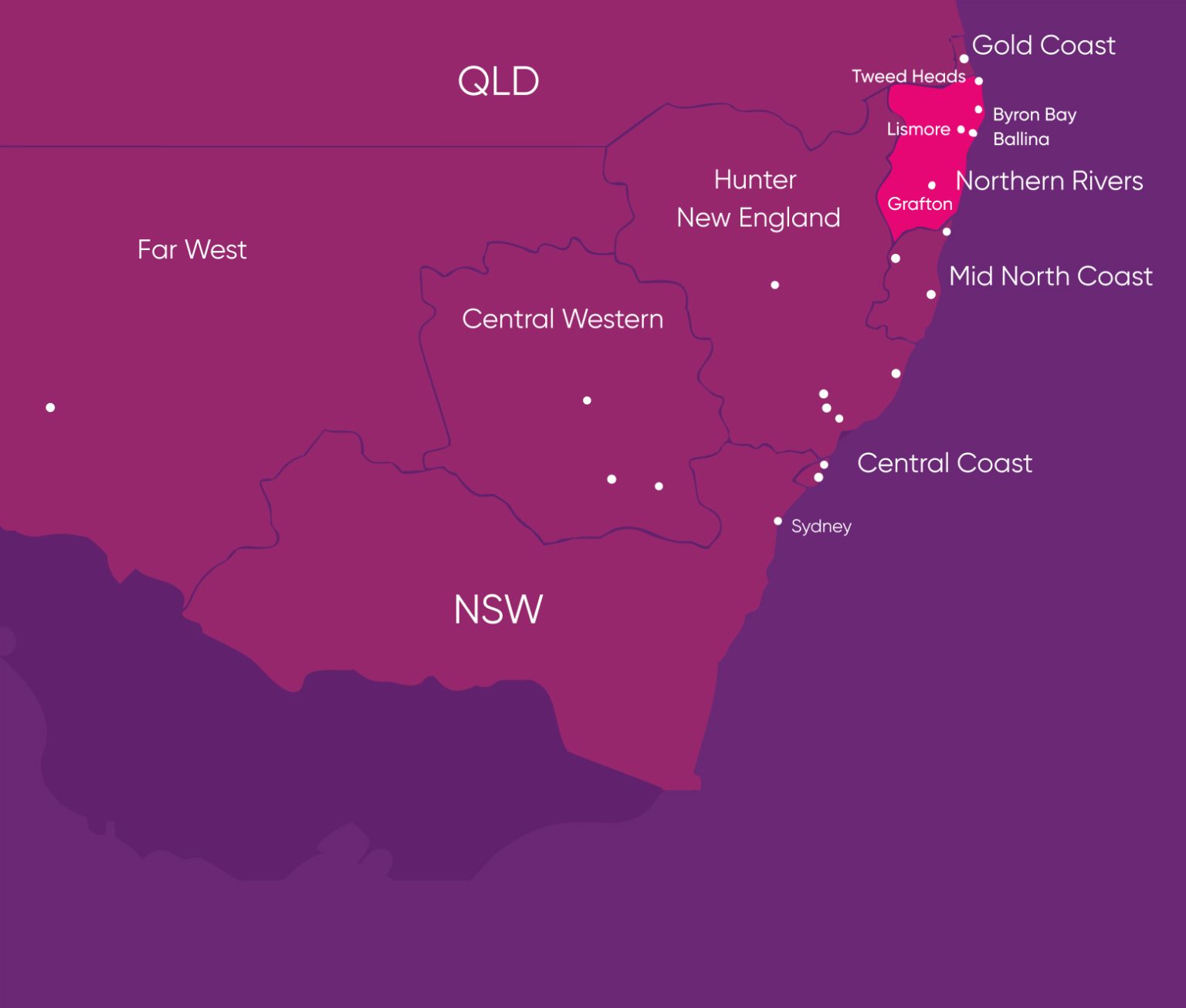
Northern Rivers
Bundjalung
- Children, Youth and Families
- Disability Inclusion
- Disaster Recovery
- Housing and Homelessness
- Mental Health and Wellbeing
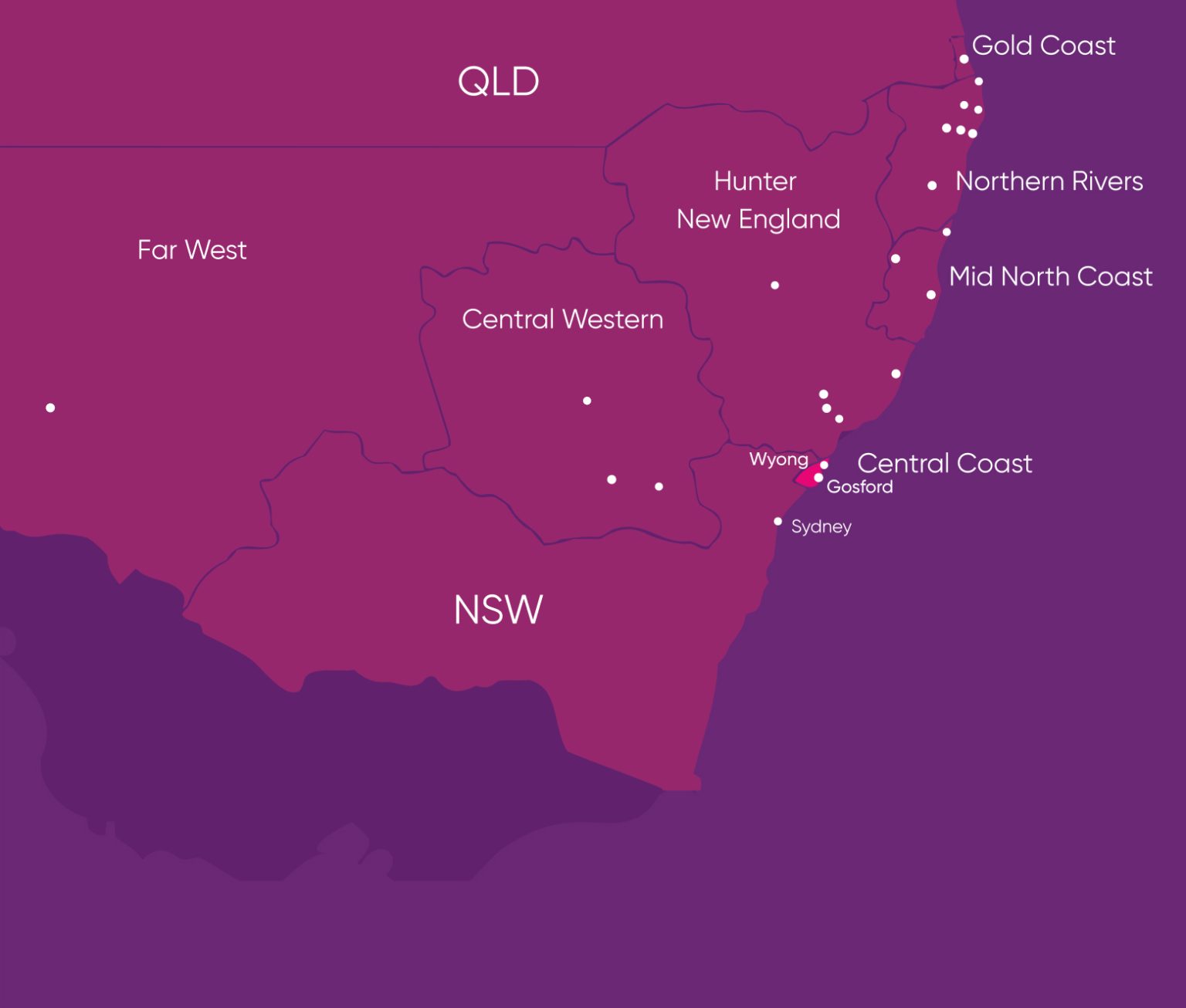
Central Coast
Darkinjung
- Disability Inclusion
- Mental Health and Wellbeing
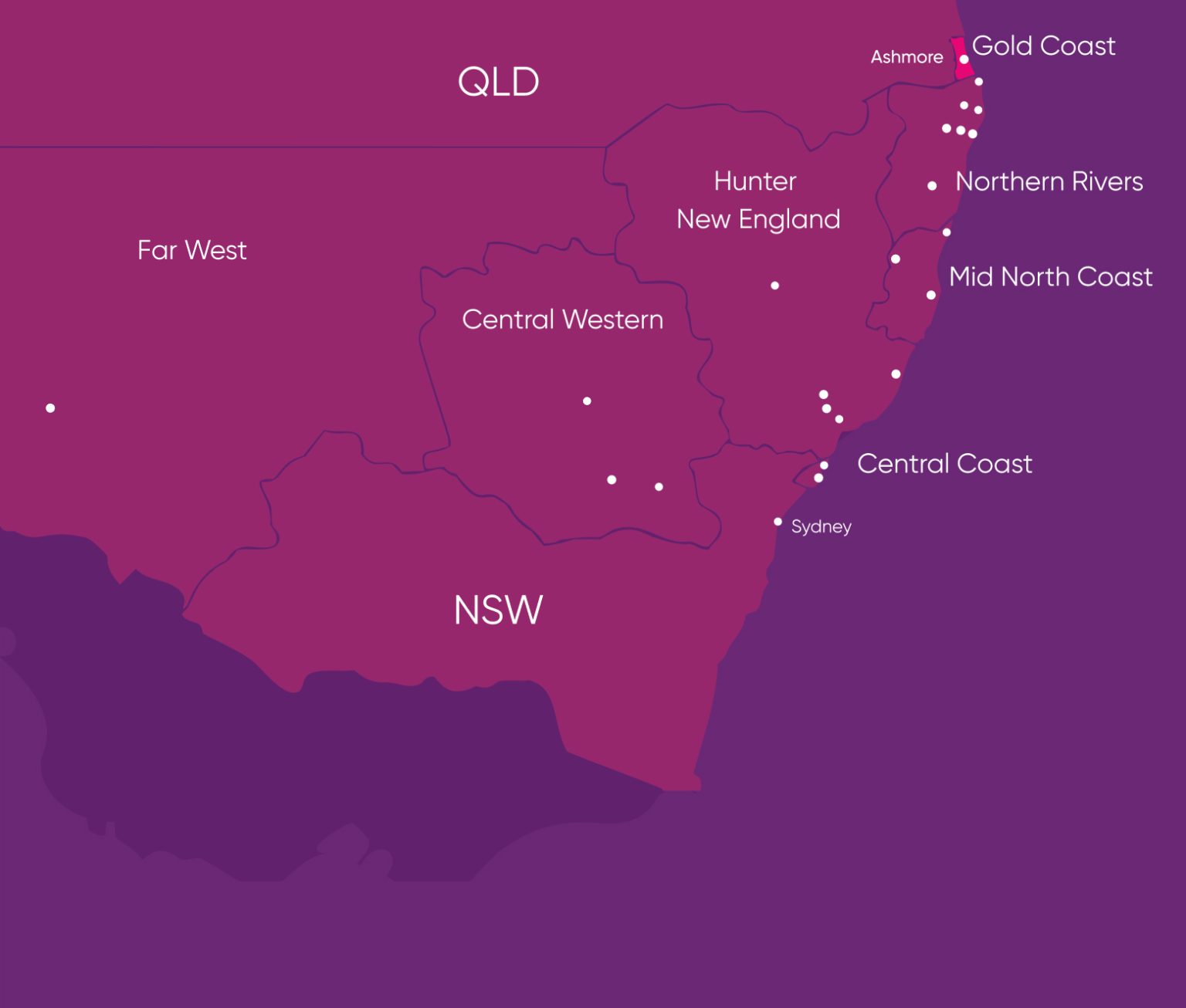
Gold Coast
Yugambeh
- Mental Health and Wellbeing
- Employment Support
Programs
Social Futures continues to empower individuals and work toward a more inclusive society.
Our local area coordination services empower participants to set life goals, connect with supports, foster independence and enhance strengths. As an NDIS partner, we’re achieving this through the broad reach of our local area coordination services, which cover 70 per cent of NSW, including Northern NSW, the Central Coast, Western NSW, and Far West NSW.
Social Futures’ commitment to inclusion extends beyond individual support, working with communities, schools, and workplaces to raise awareness and promote inclusion. Highlights over the year include:
- contributing to national conversations on disability inclusion and accessibility at the 15th Annual National Disability Summit
- delivering annual program events including the Blind Cricket Community Challenge on the Central Coast and in Western NSW, and the Inter-school Wheelchair Basketball and Goal Ball tournament in Grafton
- celebrating the second birthday of Waves Inclusive Dance Party
- visiting over 30 schools and meeting with more than 3000 students since the launch of Milkiri, an inclusion program with an Aboriginal cultural lens.
Programs
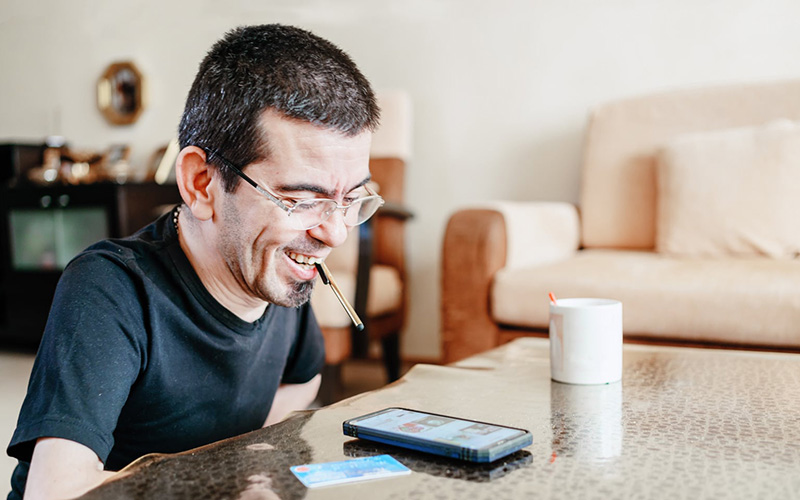 Disability Inclusion
Disability Inclusion
Program: NDIS local area coordination
We are a proud NDIS partner servicing regional NSW. Social Futures is working with NDIS participants and other people with disability to:
- set and achieve life goals
- develop strengths and abilities so they can connect with key supports, make their own choices, and live the lives they choose.
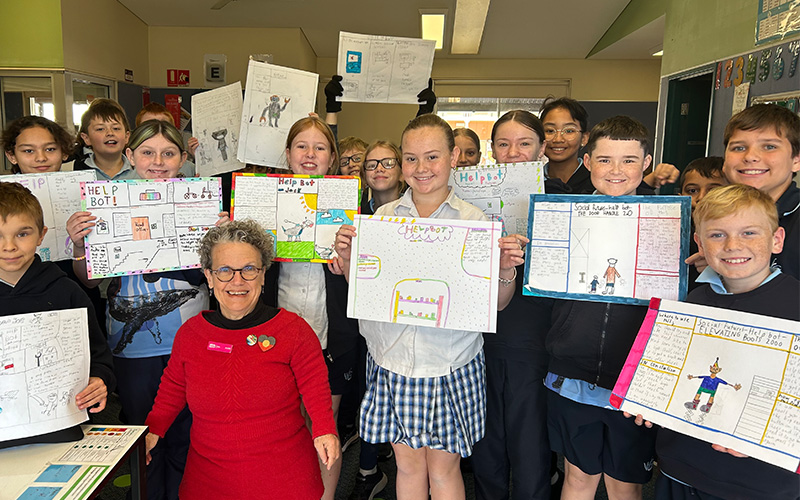 Disability Inclusion
Disability Inclusion
Program: Inclusion in Schools
The Inclusion in Schools project is a suite of five disability awareness and inclusion programs that are delivered to student groups in school settings. Our staff members with lived experience support schools with a variety of free programs:
- Milkiri is a Northern NSW school program exploring disability and inclusion from an Aboriginal cultural perspective.
- Different on the Outside, Same on the Inside helps break down misconceptions and social barriers, while encouraging awareness and inclusion for people with disability.
- My Friend Franklin shares experiences growing up with a disability.
- Sports Ability is a fun, interactive program being delivered to schools in Northern NSW about bullying and inclusion, and students participate in wheelchair-based games,
- Blind Cricket uses simulation glasses as students practice blind cricket skills sharing inclusion through disability sports and the importance of community belonging and participation is themed around sport.
Disability Inclusion program page
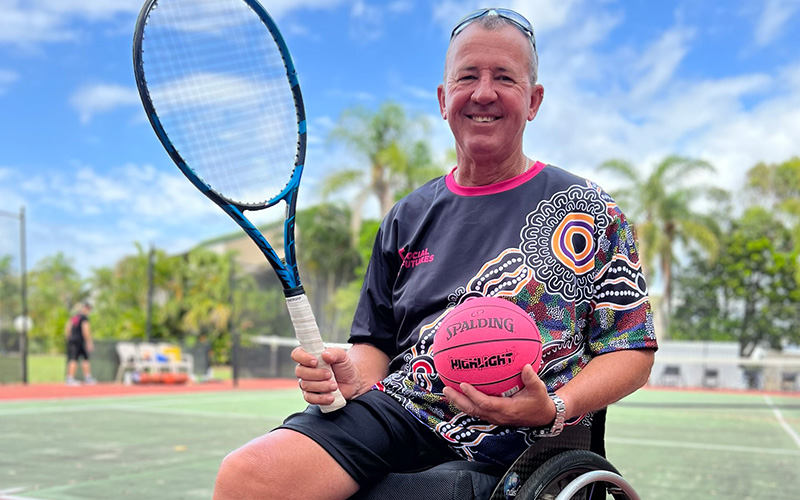 Disability Inclusion
Disability Inclusion
Program: No Limits!
This program provides workplace accessibility advice and disability awareness training through projects such as Wheelchair Sports for Team Building.
We celebrated Global Accessibility Awareness Day by collaborating with Coldstream Gallery on improving accessibility for people with disabilities within a heritage-listed building. Through our No Limits! program, practical improvements were identified and implemented at this special 115-year-old building in Ulmarra New South Wales.
No Limits! program page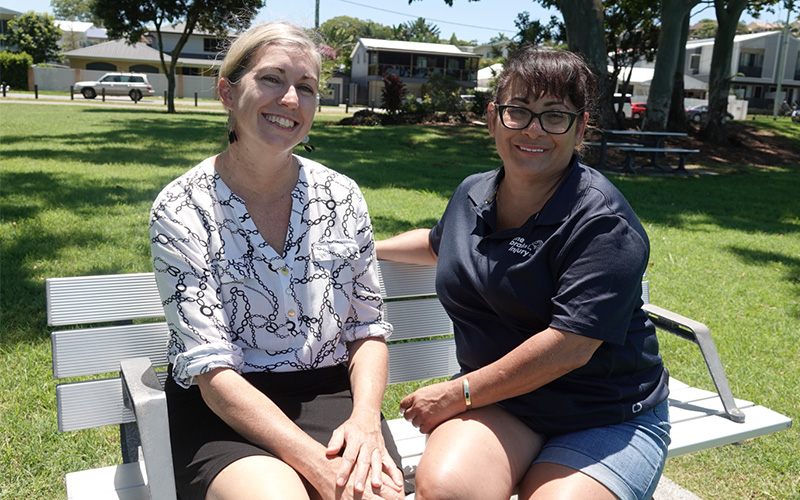 Disability Inclusion
Disability Inclusion
Program: Change Makers
Supporting members of the disability community with their local inclusion events and peer groups.
- Attracting crowds that have swelled from 60 to 200 people, Waves Inclusive Dance Party celebrated its second birthday in June 2024. The over 18s inclusive dance parties, held quarterly, have become a regular fixture on Central Coast calendars, since the idea was first brought to life by an inspired group of young people living with disability in 2022.
- Social Futures partners with The Brain Injury Community to help them deliver picnic events in Northern NSW. The picnics are a way for people to connect and make friends and to ease the social isolation and loneliness so many people with brain injury feel.
By the numbers |
17,516Active participants |
1,665New participants |
1,749Active Aboriginal and Torres Strait Islander participants |
|---|
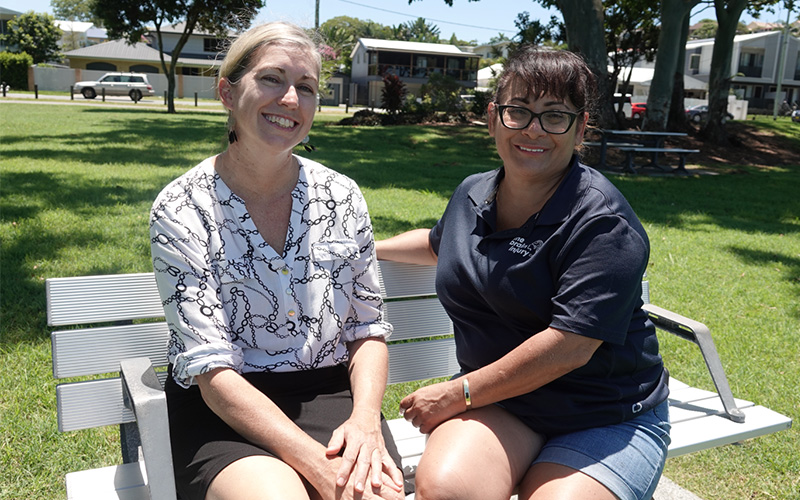 Disability Inclusion
Disability Inclusion
From brain injury survivor to charity founder: Angela’s story
Our Social Futures local coordinator team supports members of the disability community, like Angela, with local inclusion events and peer groups. We partner with Waves Inclusive Dance Party on the Central Coast, and The Brain Injury Community in Tweed Heads.
What would life be like, living with brain injury?
Our whole world and the way we perceive our lives; all we are, all we do, and all we feel is dictated by our brain. So, what would life be like then, living with a brain injury? More than 700,000 Australians have an acquired brain injury, with experiences so diverse, that each are likely to answer that question differently.
For Angela Kalantzis, damage to her frontal and temporal lobe has caused ongoing aphasia, fatigue and problems with language and cognition. She says it is a hidden disability and one which is a lonely space to exist in.
“When I first had my accident, I was literally alone. I was discharged from hospital very, very quickly with no supports in place. It was literally – ‘go home, if pain persists, call your doctor’ kind of thing,” said Angela.
“I did get to a very dark place. There was a suicide attempt, and there was a stay in the mental health ward,” said Angela.
Often once the physical injuries that can be seen have healed, supports tend to slip away. It is a disability which is commonly overlooked, and, like Angela, many people can fall through health system gaps.
Addressing this has become Angela’s life purpose, and so The Brain Injury Community was born.
The birth of The Brain Injury Community
“Starting The Brain Injury Community was about listening to other people that I have met along the way with brain injury, and hearing the things they are asking for and crying out for. So, I went into rescue mode, and I thought how can I help?”
Connecting people with each other in community
The Brain Injury Community acts a resource for people with brain injury, and a first point of call for people leaving the hospital system, linking people to supports and therapies. But its primary goal is much simpler. It is to make friends.
“It’s all about giving people the ability to meet others, and to make a friend. Someone who they can call or text, and someone who is not mum and dad, or partner or carer. It is someone different. Someone who understands,” said Angela.
“It sounds so simple, so basic. But this little thing is just so important. Because it helps to connect people back into their community, it helps them to feel part of the world again.
Visit our website to read Angela’s remarkable story and watch her talk about the charity she founded.
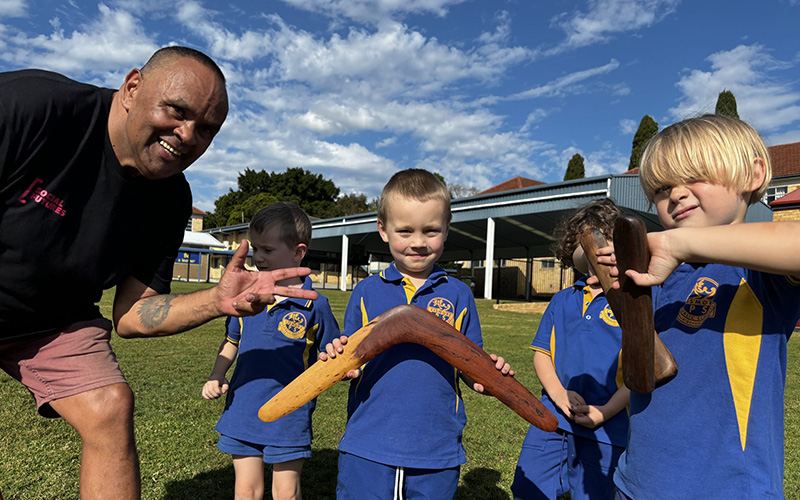 Disability Inclusion
Disability Inclusion
Bridging cultures with Milkiri in schools
Students are learning how First Nations communities approach disability and inclusion through a free program being delivered to schools, Milkiri.
The Milkiri Inclusion in Culture program was designed by Social Futures NDIS local area coordinator Richard Clarke, a proud Ngemba man from Brewarrina in Northwest NSW. Social Futures is a proud NDIS partner.
Richard explains four key perspectives of disability from his culture – everybody is different, everybody has a role, we take care of each other, and staying connected to mind, body, spirit and country helps to keep us strong.
Richard explores ideas around disability through dances, demonstrations, songs and storytelling. He also introduces students to Aboriginal tools and artifacts, including explaining the importance of the digeridoo.
Visit our website to read Bridging cultures: Milkiri promotes disability inclusion with Aboriginal wisdom
We all deserve somewhere safe to call home. The need for Social Futures’ homelessness services has never been greater, a consequence of ever-increasing costs of living, the continuing housing crisis and disaster recovery.
- Our Assertive Outreach program supports rough sleepers to find accommodation and gain the skills to maintain a tenancy long-term. The program has significantly reduced the number of rough sleepers in the Tweed Shire. Housing was secured for 140 people, 95% of which have maintained their tenancy.
- The Tweed Heads Assertive Outreach Team was announced as winner of the 2023 Premier’s Award in the Connecting Communities category in November 2023.
- Funding was extended to deliver Assertive Outreach services in the Byron Shire, home to the highest concentration of rough sleepers in Australia, exacerbated by the 2022 floods.
- We joined a regional advisory group called Northern Zero in June 2024, a collaboration of Councils and service providers with a collective hope of ending homelessness in the Northern Rivers.
- Funding for our specialist homelessness services was extended to 2026, allowing us to continue supporting people at risk of, or experiencing, homelessness.
- Recovery Connect will continue to support our impacted communities until May 2025, thanks to a funding extension
Programs
- Assertive Outreach
- Connecting Home – Adult
- Connecting Home – Young People
- Connecting You – Homeless Youth Assistance Program
- Recovery Connect
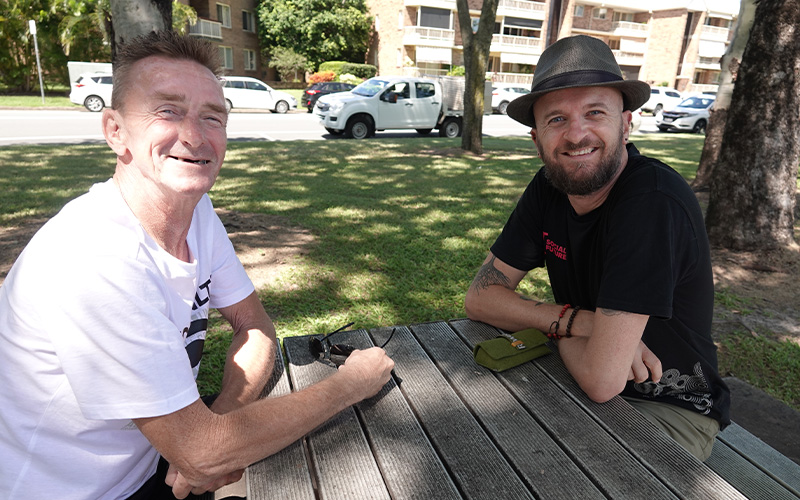 Housing and Homelessness
Housing and Homelessness
Program: Assertive Outreach
Social Futures’ Assertive Outreach team provides on the ground support for people who are homeless and sleeping rough. We connect people with health, mental health and wellbeing services, as well as other government and community supports, while we work alongside them to secure housing and find stability.
Our team works collaboratively with Momentum Collective, NSW Department of Communities and Justice and NSW Health.
Servicing Tweed and Byron Shires
Proudly funded by the NSW Government
Assertive Outreach program page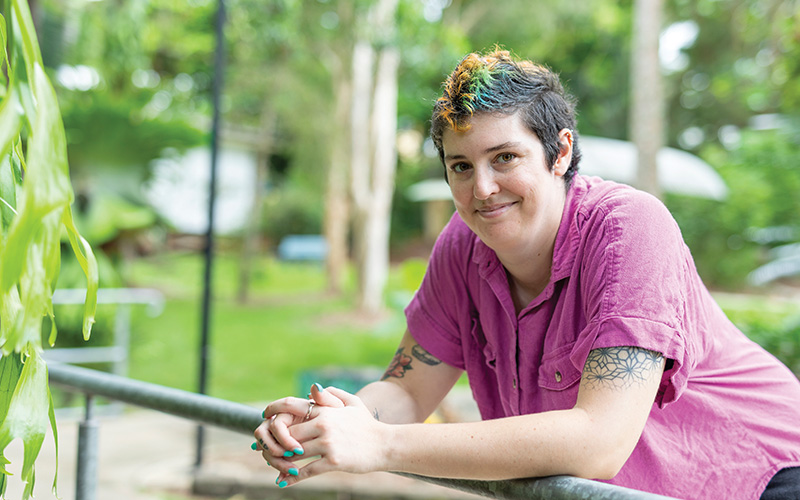 Housing and Homelessness
Housing and Homelessness
Program: Connecting Home – Adult
Connecting Home supports people who are homeless, or at risk of homelessness, to identify and source sustainable housing. Our program workers do this through informing people about their options, linking to appropriate providers such as:
- Department of Communities and Justice – Housing (DCJ Housing)
- community housing
- private rental options
- community supports and services.
Social Futures is funded to deliver two adult specialist homelessness service programs.
Servicing Tweed, Byron, Ballina, Lismore, Kyogle, Richmond and Clarence local government areas
Proudly funded by the NSW Government
Connecting Home – Adults program page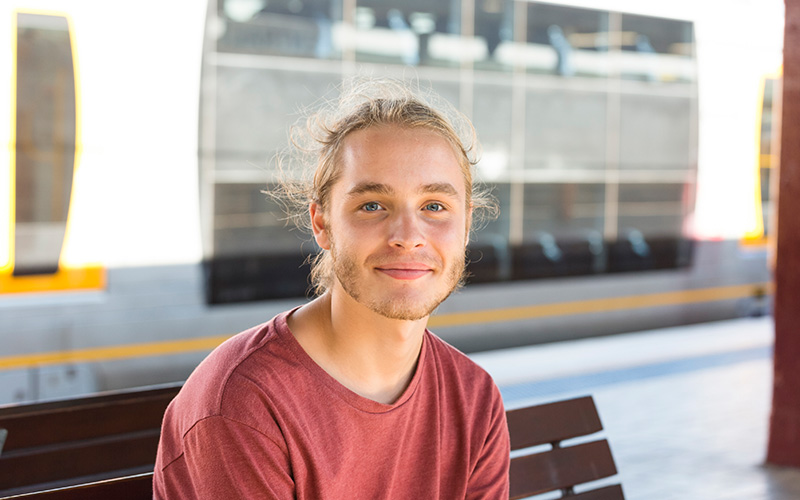 Housing and Homelessness
Housing and Homelessness
Program: Connecting Home – Young People
Social Futures supports young people through our Connecting Home program, funded through our Youth and Northern Youth contracts.
We support young people who are homeless, or at risk of homelessness, to identify and source sustainable housing.
Connecting Home can help young people build skills in:
- rental applications and how to apply
- accessing rental subsidies
- budgeting, cleaning and looking after their home
- being a good neighbour.
We continue to support the young person during their tenancy through case management and our Rent It, Keep It workshops. Some young people may be eligible for Rent Choice Youth funding.
Servicing Tweed, Byron, Ballina, Lismore, Kyogle, Richmond and Clarence local government areas
Proudly funded by the NSW Government
Connecting Home – Young people program page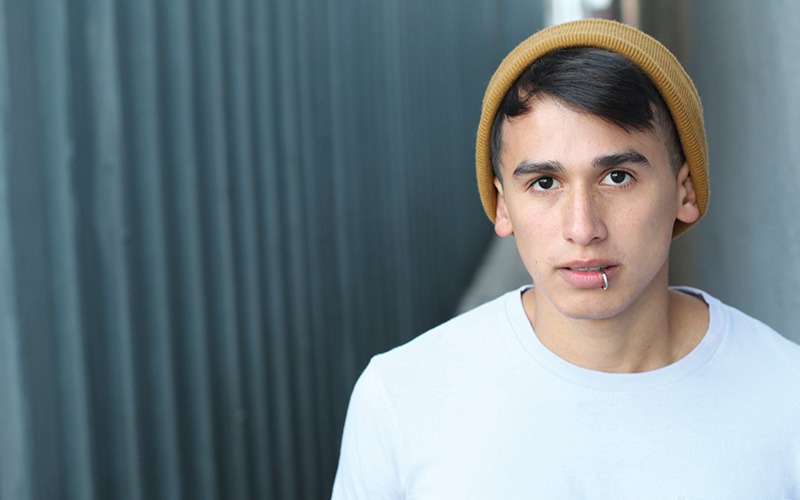 Housing and Homelessness
Housing and Homelessness
Program: Connecting You – Homeless Youth Assistance Program
Connecting You is a specialised program that supports young people (aged 12 to 15) who are having problems at home, or who are at risk of becoming homeless, to get connected with family, friends, work, school, and the community.
Because everyone goes through tough times and sometimes young people and families need a hand.
Referrals for Connecting You come exclusively from the Department of Communities and Justice.
Servicing Tweed, Byron, Ballina, Lismore, Kyogle, Richmond and Clarence local government areas
Proudly funded by the NSW Government
Connecting You program page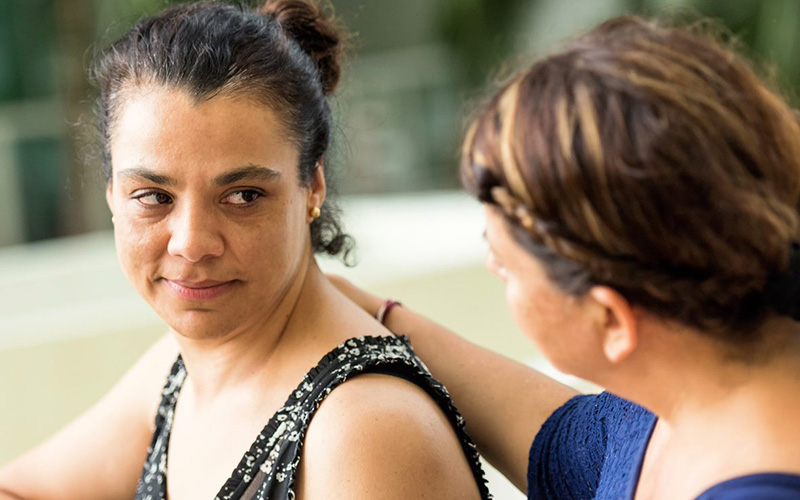 Housing and Homelessness
Housing and Homelessness
Program: Recovery Connect
Recovery Connect is a support service for individuals and communities impacted by natural disaster.
We can help people through specialist counselling, financial assistance, legal advice, identifying grants, business and employment supports, accessing mental health services and much more.
Servicing Lismore, Byron Bay, Clarence Valley local government areas and other areas on request
Funded through the joint Australian Government – NSW Government Disaster Recovery Funding Arrangements 2018
Recovery Connect program page
By the numbers |
8Programs |
3,161Active participants |
893Active participants with disability |
37,430Occasions of service |
700+Young people supported |
|---|
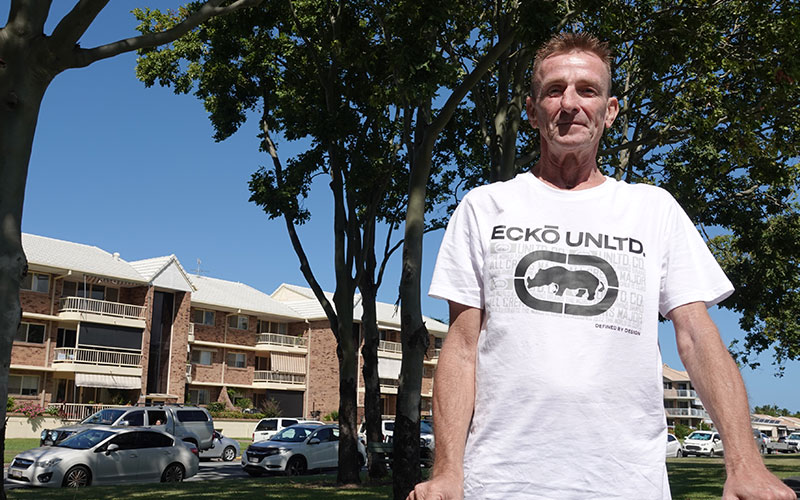 Housing and Homelessness
Housing and Homelessness
Richard overcomes homelessness while living with severe illness and is supported into the NDIS
Richard Anderson once had it all – a good job in Sydney, partner, children, and his health. He never imagined himself becoming homeless, but it happened.
After 10 years on the street Richard met an Assertive Outreach worker and he again has a home.
Onset of epilepsy triggers unemployment for Richie
Richard’s life began unravelling after his marriage ended and he moved to Coffs Harbour. Walking through a park he suffered an epileptic seizure. He was no longer able to drive and lost his job.
He moved further north again to be nearer his parents at Banora Point and secured a disability pension. Richard then developed a rare but debilitating illness, Guillain-Barré syndrome – the body’s immune system attacks the nerves.
Relationship breakdown, homelessness, paralysis and rehabilitation
Richard entered a relationship with another woman and was living with her and her family in Banora Point but when that relationship broke down first lived on the streets.
While homeless he was paralysed by Guillain-Barré syndrome and ended up spending over a year in hospital, and in rehabilitation. Richard needed to be fed through a feeding tube.
“My inspiration [to stay alive] was pure determination,” explains Richard.
“I’m pretty stubborn and determined. They told me I’d never walk again … I said, watch me.”
Once released Richard went back to being homeless … for 10 years. He also became dependent on alcohol and continued to suffer epileptic seizures, often falling– he broke both his nose and his jaw.
“I was absolutely scared to death. Always looking over my shoulder, worried what was going to happen next,
“Slowly but surely everything I owned got stolen from me, because you’re on the street, no-one cares. I had the life beaten out of me. All sorts of things happened on the street, believe me. It was an extremely frightening, horrible way to live,” he said.
Temporary accommodation and support leads to a permanent home for Richard
Richard was found by an Assertive Outreach worker in Murwillumbah who helped him get into temporary accommodation.
“When he [the worker] found me that morning in Cabarita, I had nothing but the shorts I was wearing.
“But the more I dealt with [my worker], the more help I was offered and given.
“They stayed in contact, helped me achieve things, get clothing, get a phone, helped me find myself and remove myself from alcohol abuse.
“There was always follow though by Social Futures, nothing was left behind, and they were so decent about it. Through their help I was able to finally get permanent housing which I absolutely adore.
“It’s my place, it’s comfortable, it’s clean, it’s neat, it’s tidy. I’ve got good people around me, and it’s made life so much more comfortable, I can’t ask for anything more.”
NDIS support helps Richard look toward a better future
Richard was accepted into the NDIS about 12 months ago.
“NDIS has been such a game changer.”
He has two support workers who take him shopping and fishing, he recently got a falls alarm which is essential for someone with epilepsy, and he has a laptop and hopes to study marketing online.
Richard is again in contact with his adult children, has two grandchildren, and is doing well.
Bringing support to people living on the streets
Our team works collaboratively with Momentum Collective, NSW Department of Communities and Justice and NSW Health. Homelessness workers visit areas where people sleep rough and let them know about the program.
Once accepted, participants are provided with temporary accommodation and intensive casework support to help gain long term housing and access health services and other support to address challenges so that they can maintain their tenancy.
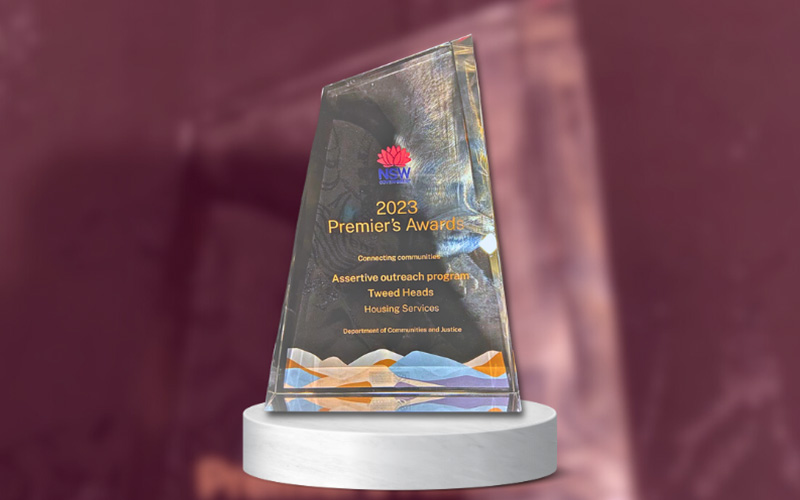 Housing and Homelessness
Housing and Homelessness
2023 Premier’s Award for Tweed Heads Assertive Outreach program
Tweed Heads Assertive Outreach Team were announced as winners of the 2023 Premier’s Award in the Connecting Communities category in November, 2023.
The Assertive Outreach program supports rough sleepers to find accommodation and gain the skills to maintain a tenancy long-term. The program has significantly reduced the number of rough sleepers in the Tweed Shire, housing for 140 people and 95% have maintained their tenancy.
Social Futures CEO Tony Davies said assertive outreach workers offer person-centred care.
“The case management is collaborative and holistic. Each plan is developed around the person’s unique needs,” he said.
“People who have been sleeping rough for years may have experienced trauma or addiction or mental health challenges – that’s why an integrated and coherent response is needed and that’s what assertive outreach delivers.
“The worker supports participants to reset so they gain the skills to maintain a long-term tenancy.”
Social Futures has been part of the Tweed Heads Assertive Outreach program since the pilot arrived in that shire in 2019. The program is delivered by Momentum Collective, NSW Department of Communities and Justice and NSW Health.
Visit our website to read Social Futures wins 2023 Premier’s Award
We focus on targeted early intervention and prevention to keep families together, serving a geographic footprint from Tweed Heads to Taree, and west to Broken Hill.
In July 2023, free after-school technology hub The Clubhouse expanded to Broken Hill and Bathurst, giving young people a place to explore their own ideas, develop new skills, and build confidence in themselves. The Clubhouse now runs in Bathurst, Broken Hill, Lismore and Ballina.
Social Futures supports strong social connections and community networks through cross-agency collaboration and First Nations partnerships. Giving young people connection opportunities and supporting healthy activities underpins our community engagement strategy.
- We’re achieving excellent outcomes for disengaged young people, amplifying their voices and social connection through the Ballina Youth Network, which is chaired by Social Futures and brought together through the support of the Office of Regional Youth.
- Our Family Connect in Schools partnership with the Catholic Schools Office expanded to offer free face-to-face support at 26 schools, with remote support available in an additional 19 schools.
- We’re facilitating discussion about the draft program specifications for the NSW Targeted Earlier Intervention program with service providers, through our Early Intervention Connect program.
- Our work is informing changes to the home care system. Social Futures is helping to connecting Aboriginal aged care stakeholders and the Commonwealth Home Support Program sector with decision-makers in the Australian Government.
Programs
- Commonwealth Home Support Program
- Early Intervention Connect Sector Support
- Elements
- Family Connect and Support
- Family Connect in Schools
- Getting it Together
- Mijung Jarjums Kids in Mind
- Reconnect
- Strong Minds in the Early Years
- The Clubhouse
- Youth on Track
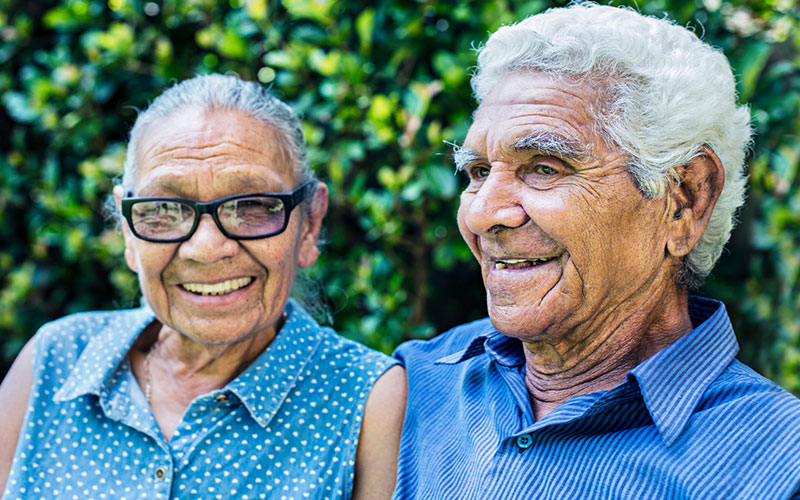 Children, Youth and Families
Children, Youth and Families
Program: Commonwealth Home Support Program
- Our Community Aged Care Sector Support program helps improve home support services in the Northern Rivers Region of NSW.
- Northern Rivers Community of Practice Ageing focuses on sharing information, continued development of good practice and identifying strategies for collaboration to enhance local and regional community aged care services, collegial support, pathways and responsiveness to community need.
Servicing Tweed, Byron, Ballina, Lismore, Kyogle, Richmond Valley, Clarence Valley local government areas
Funded by the Australian Government Department of Health and Aged Care
Commonwealth Home Support program page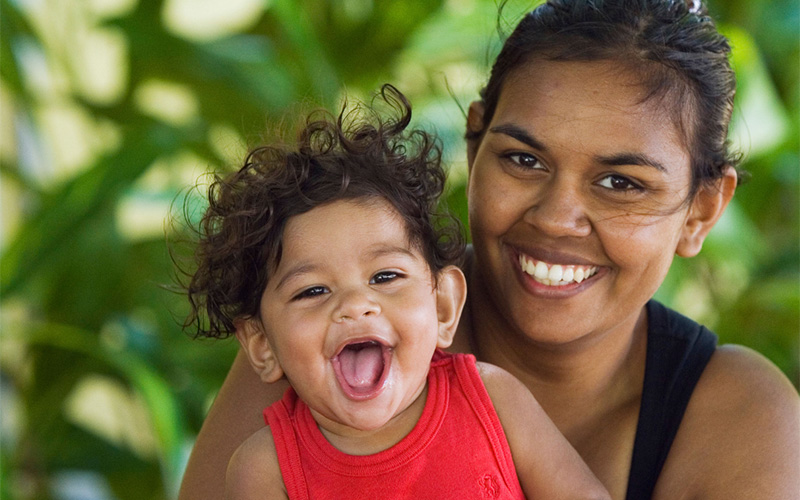 Children, Youth and Families
Children, Youth and Families
Program: Early Intervention Connect Sector Support
Social Futures works collaboratively with the human services sector to build capacity and achieve better results alongside communities.
- The Better Chances Forum brings together people from organisations and groups to identify and share ways to connect, reflect and build our practice; to share information and build relationships; and to understand the challenges, gaps and opportunities in our service systems.
- The forum currently has more than 400 members from over 75 community, government and private-sector organisations.
Servicing Tweed, Byron, Ballina, Lismore, Kyogle, Richmond Valley, Clarence Valley local government areas
Proudly funded by the NSW Government
Visit Early Intervention Sector Development program page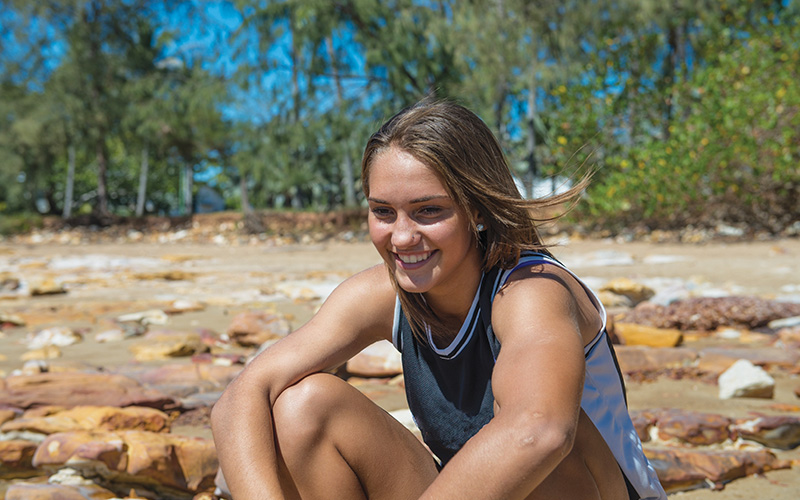 Children, Youth and Families
Children, Youth and Families
Program: Elements
Elements provides free counselling to Northern Rivers youth and families, to help build wellbeing and improve relationships.
Servicing Lismore, Casino, Coraki, Evans Head and Ballina
Funded by the Australian Government Department of Social Services
Elements program page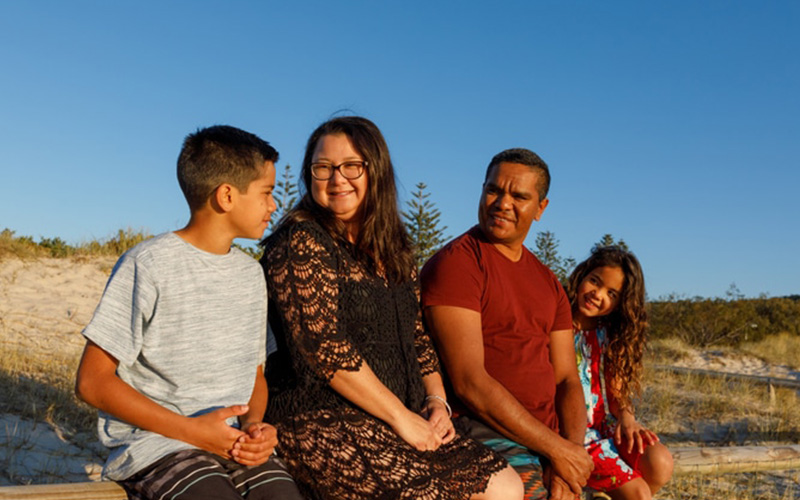 Children, Youth and Families
Children, Youth and Families
Program: Family Connect and Support
Family Connect and Support helps children, young people and families in NSW with parenting challenges, financial stress, substance use, family breakdown, housing issues due to family and domestic violence and mental health. Schools often refer families to the service.
Servicing Northern NSW
Proudly funded by the NSW Government
Family Connect and Support program page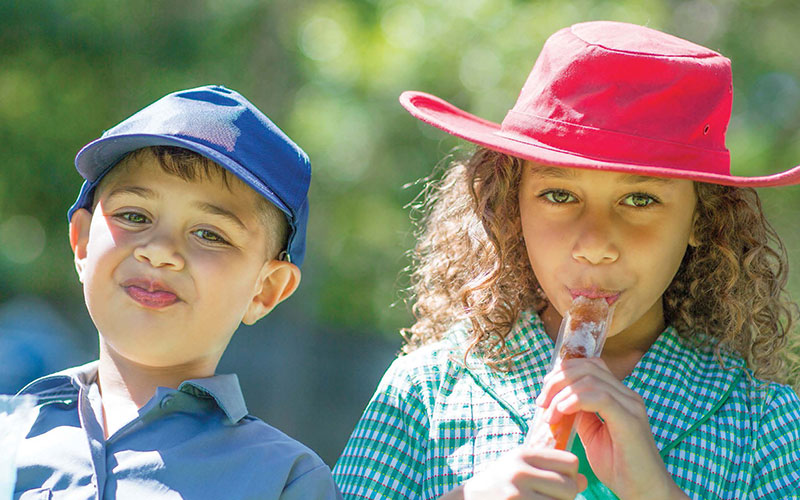 Children, Youth and Families
Children, Youth and Families
Program: Family Connect in Schools
Family Connect in Schools is delivered by Social Futures in partnership with the Catholic Schools Office Lismore.
We provide free support for children, young people, and families with parenting challenges, financial stress, substance use, family breakdown, housing issues and mental health.
Our program works with children, young people and their families to ensure they are supported and linked into the right services.
Servicing the Tweed, Byron, Ballina, Lismore, Kyogle, Richmond, Clarence Valley, Coffs Harbour, Port Macquarie-Hastings, Kempsey, Nambucca and Bellingen local government areas
Proudly funded by Diocese of Lismore Catholic Schools
Family Connect in Schools program page Children, Youth and Families
Children, Youth and Families
Program: Getting it Together
Getting it Together is an early intervention program to assist vulnerable young people aged between 12 and 25 years of age with alcohol and/or drug concerns. Priority is given to young people aged under 18 years of age.
Servicing Tweed Heads; Ballina; Byron; Lismore; Richmond Valley including Casino; and Clarence Valley local government areas
Proudly funded by the NSW Government
Getting it Together program page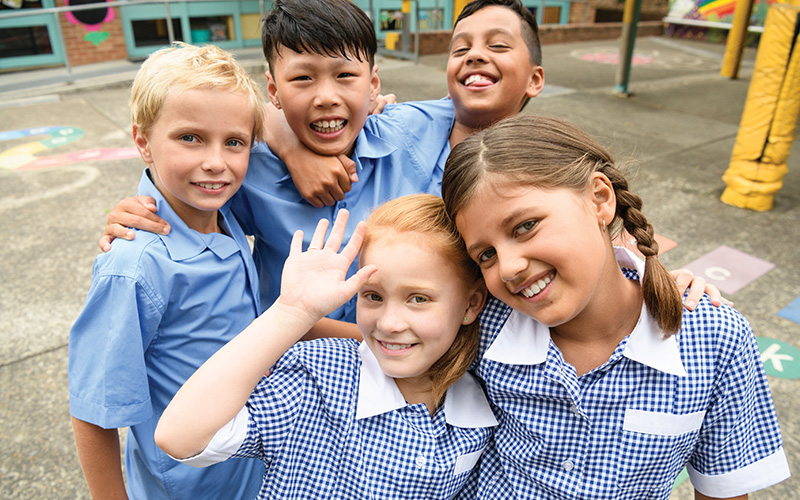 Children, Youth and Families
Children, Youth and Families
Program: Mijung Jarjums Kids in Mind
Mijung Jarjums Kids in Mind aims to improve the wellbeing, resilience and mental health outcomes of children and young people, their families and carers, so they can thrive.
We provide flexible, responsive, practical support using creativity and play to promote the wellbeing of young people up to 18 years of age.
Funded by the Australian Government Department of Social Services
Mijung Jarjums – Kids in Mind program page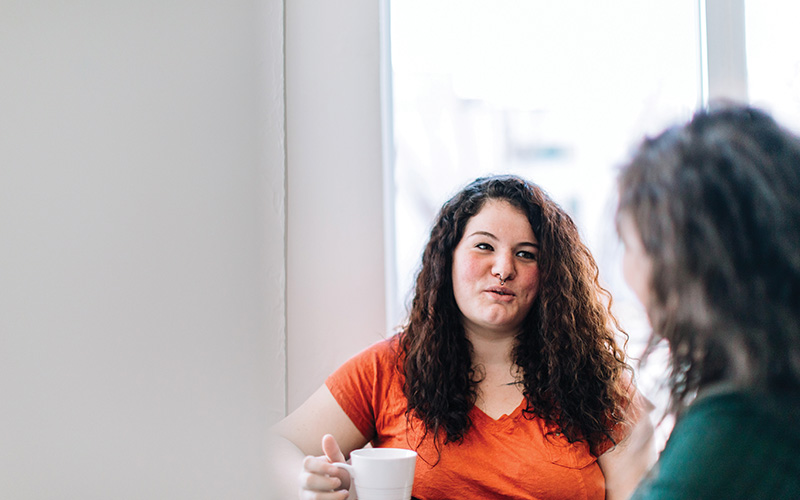 Children, Youth and Families
Children, Youth and Families
Program: Reconnect
Reconnect assists young people (12–18 years) who may be at risk of becoming homeless due to the breakdown of family relationships. We provide counselling, mediation and practical support for young people and their families.
Servicing Tweed; Murwillumbah; Byron; Ballina; Lismore; Clarence Valley including Grafton and Yamba; Dorrigo; and Richmond Valley including Evans Head and Casino.
Funded by the Australian Government Department of Social Services
Reconnect program page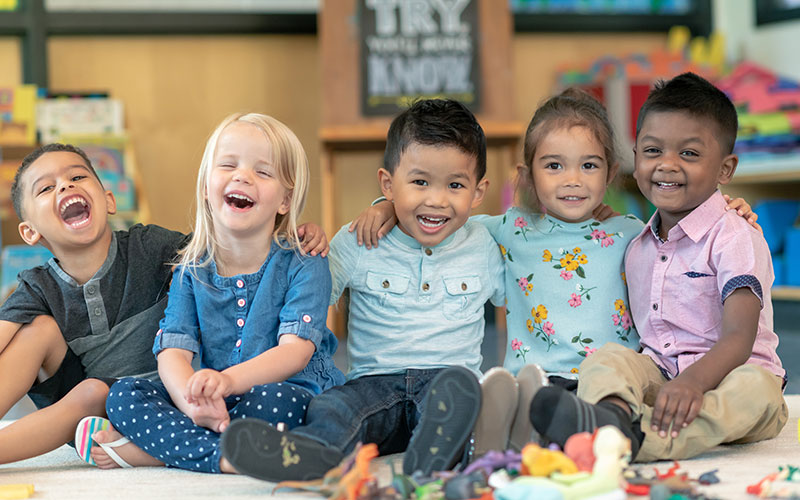 Children, Youth and Families
Children, Youth and Families
Program: Strong Minds in the Early Years
Concluding in November 2023, Strong Minds in the Early Years used a play therapy approach to build the children’s resilience, develop calming strategies and identify feelings to assist them to overcome the physiological and emotional impacts of the trauma. It also upskilled educators in identifying and supporting children’s flood-related trauma.
This program was funded by the NSW Department of Communities and Justice NGO Flood Support Program.
Program: The Clubhouse
Clubhouses are free creative hubs for young people aged 12 to 18 years of age. Young people are mentored to develop their passions through projects that inspire self-expression and technological know-how, with a focus on creative arts, music and the ‘STEAM’ fields: science, technology, engineering, art and maths.
The Clubhouse Network is a program of the Museum of Science, Boston in collaboration with the MIT Media Lab.
Servicing Lismore, Ballina, Bathurst and Broken Hill local government areas
- Clubhouse Bathurst and Clubhouse Broken Hill are funded by the NSW Department of Primary Industries and Regional Development.
- Clubhouse Lismore is funded by the NSW Department of Communities and Justice.
Clubhouse program page
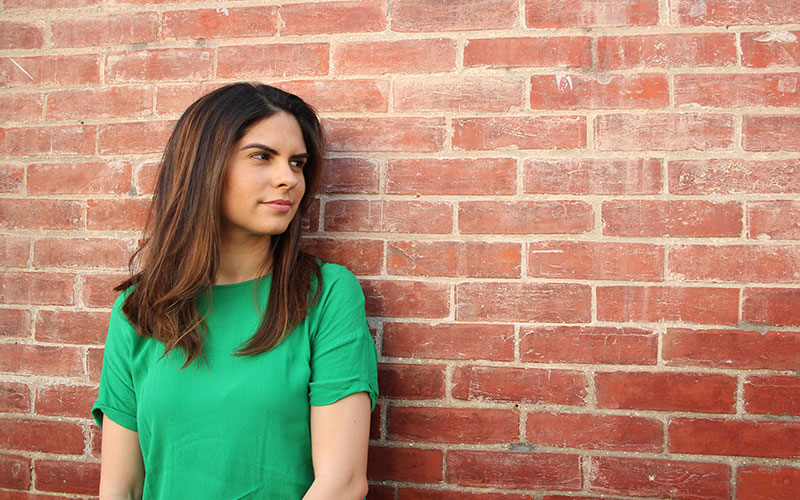 Children, Youth and Families
Children, Youth and Families
Program: Youth on Track
Social Futures delivered early intervention program Youth on Track for seven years until December 2023. More than 700 at-risk young people in the Coffs Harbour–Grafton region were supported to make life changes and avoid contact with the justice system. The Coffs Harbour‒Grafton region has one of the highest program success rates in New South Wales.
Funded by the NSW Department of Communities and Justice
Youth on Track program page
By the numbers |
3,598Active participants |
11Programs |
39,902Occasions of service |
36Community events |
|---|
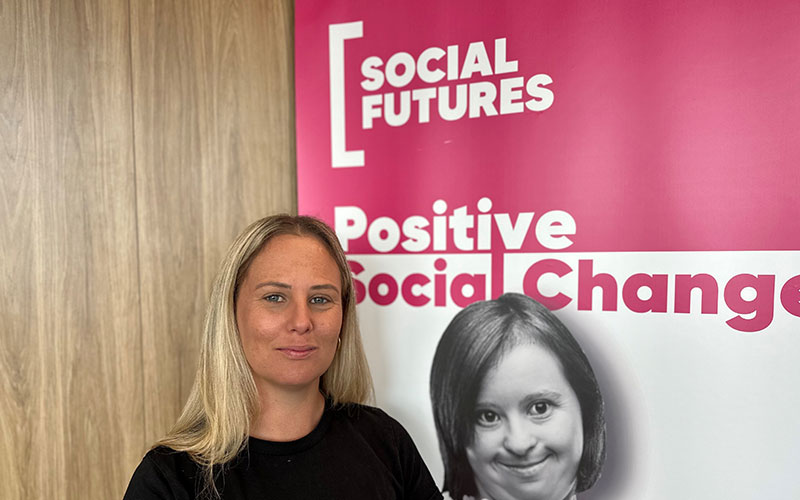 Children, Youth and Families
Children, Youth and Families
Ballina Youth Network recognised for contribution to youth and community
Social Futures was recognised for its contribution to ongoing service to the youth and community of Ballina Shire through a Community Recognition Statement, issued by the house of NSW Parliament by local MP Tamara Smith.
Pictured: Kiara McBeath, Chair of the Ballina Youth Network and Social Futures Children, Youth and Families program manager
According to Member for Ballina Tamara Smith,
“Our community has recognised the need for inter-agency cooperation between community service providers, police, council, education and other government agencies to work collaboratively and open discussion on the challenges young people in our community are experiencing. We also recognise the primacy of youth voices being at the heart of all decisions that impact them.
“The establishment of the Ballina Youth Network, chaired by Social Futures and brought together through the support of the Office of Regional Youth, is a wonderful focus for this work. The Network, even in 18 months since it was established, has already achieved great outcomes for young people, including the amplification of their voices, definitive responses to young people’s feedback, and notably, two Ballina First Nations young people supported to attend and play football overseas.
“The Network supports early intervention strategies to respond to school disengagement, unstable housing, and unemployment. I thank the Ballina Youth Network and all those agencies for their ongoing work of supporting the young people of our region to thrive.”
Social Futures’ Children Youth and Families portfolio of has a geographic footprint from Tweed Heads down to Grafton – and west to Broken Hill and Bathurst.
Social Futures, CEO, Tony Davies acknowledges commendation.
“Delivering events such as Thrillfest that connect the youth of Ballina Shire reflect the values at the heart of Social Futures – inclusion, integrity and learning.
“Our organisation strives to create lasting change by building inclusive communities where everyone is valued and supported. Cross-agency collaboration and community engagement is a great example of how leadership and connection can support positive social change, together,” said Mr Davies.
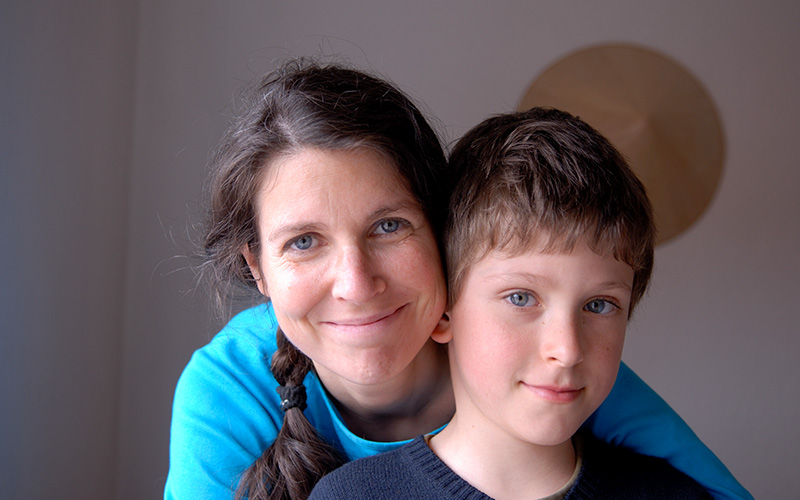 Children, Youth and Families
Children, Youth and Families
Empowering North Coast families through trauma support
Overcoming challenges and building resilience
James*, a vibrant nine-year-old, lives with his mother, Mary*, and younger brother, Tom*. Despite facing significant challenges, including the loss of James’s father in 2018, the family made commendable strides with the support of Family Connect in Schools.
A journey of support and growth
James was displaying difficulties interacting with his peers and demonstrating aggressive behaviours in school. The family experienced ongoing struggles with housing and resided in temporary accommodation.
Family Connect in Schools provided a range of supportive services which made a tangible difference in their lives:
- Empowering decisions: Through regular phone support, Mary received guidance and encouragement, helping her navigate important decisions for her family.
- Emotional support for James: James is now attending sessions with a child psychologist, equipping him with the tools to manage grief and enhance emotional regulation.
- Basic needs and beyond: Family Connect in Schools supported the family with grocery vouchers and food relief, easing financial pressures. Mary received complimentary driving lessons through advocacy efforts, enhancing her mobility, employability and independence.
- Educational advocacy: Advocacy efforts ensured that James received school-provided lunches, further reducing financial stress and ensuring his well-being.
Building skills and transitioning to employment
Mary has been proactive in building her skills, successfully completing her Responsible Service of Alcohol and White Card accreditation. With further driving lessons, she is on the path to obtaining her provisional licence, paving the way for re-entry into the workforce.
Family Connect in Schools’ collaborative approach, working alongside external agencies and the primary school, ensures ongoing support for Mary and her children. The future looks promising for the family, as it continues to build resilience and embrace new opportunities.
*Names changed for privacy, stock image used
Access to mental health services and support has never been more important for regional Australia. We expanded Social Futures’ mental health service delivery significantly over the last financial year, with almost 2000 new participants across our portfolio of eight programs.
- Care Connect, a suicide aftercare support service, expanded into the Manning Valley in October 2023, when we opened a Social Futures office in Taree. Care Connect has established a strong presence across the Mid North Coast over the last three years.
- In January 2024, Social Futures brought Veterans Connect to the Hunter, expanding our service footprint from the Central Coast. We opened two new clinics in the Hunter Valley, bringing an alcohol and other drugs support services to Singleton, The Bridge; and a Medicare Mental Health Centre to Muswellbrook. Services commenced in April 2024, addressing the gap in support services in the region for people with mental health challenges and those at risk of harm due to substance use.
- Resilient Kids, a mental health, social and wellbeing program, was launched in November 2023, to support thousands of Northern Rivers youth in the wake of the 2022 floods. Social Futures administered the Youth Participation Fund in early 2024. We assessed over 40 grant applications and distributed over one million dollars on behalf of Healthy North Coast.
Programs
- Care Connect Mid North Coast
- Care Connect Upper Hunter – Manning
- headspace
- Medicare Mental Health Centre
- Resilient Kids
- StandBy – Support After Suicide
- The Bridge
- Veterans Connect
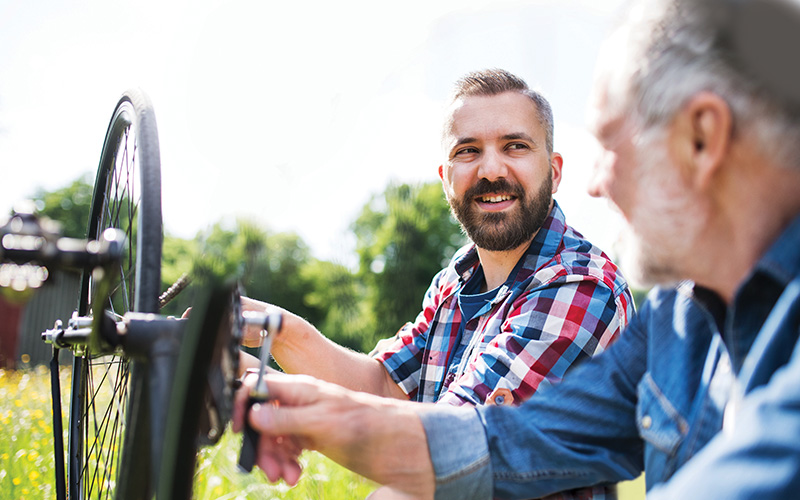 Mental Health and Wellbeing
Mental Health and Wellbeing
Program: Care Connect Mid North Coast
Care Connect offers aftercare support to people, 16 years and over, who are at risk of, or have previously attempted, suicide or self-harm. We offer tailored practical support to connect individuals to various services and support, walking alongside them through the process.
Mid North Coast
Servicing Bellingen, Coffs Harbour, Kempsey Shire, Nambucca Valley, Port Macquarie and surrounds
Care Connect is funded by Healthy North Coast through the North Coast PHN program.
Care Connect program page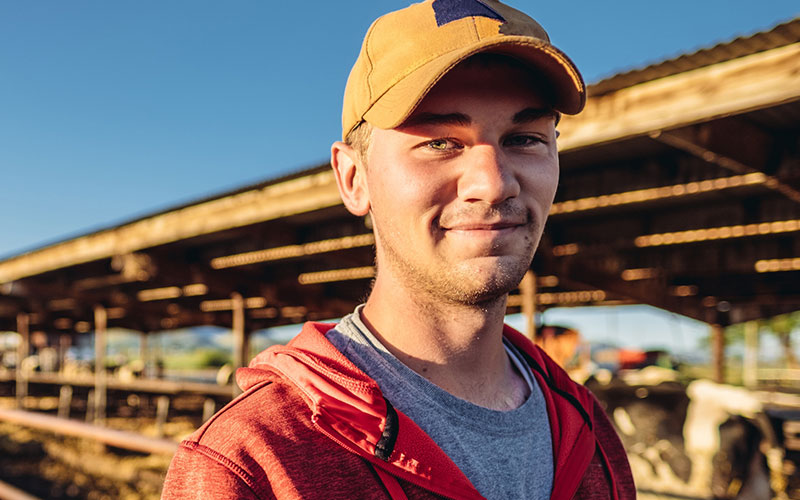 Mental Health and Wellbeing
Mental Health and Wellbeing
Program: Care Connect Upper Hunter – Manning
Care Connect offers aftercare support to people, 16 years and over, who are at risk of, or have previously attempted, suicide or self-harm. We offer tailored practical support to connect individuals to various services and support, walking alongside them through the process.
Servicing Taree, Mid Coast, Upper Hunter regions
Care Connect is delivered by Social Futures and funded by the Hunter New England Central Coast Primary Health Network.
Care Connect program page Mental Health and Wellbeing
Mental Health and Wellbeing
Program: headspace
headspace supports young people aged 12 to 25 going through a tough time with mental health, physical and sexual health, work, school, study and alcohol and other drug challenges.
Our headspace program has two centres in Tweed Heads and Lismore and offers outreach services to Ballina.
Funded by Healthy North Coast through the North Coast PHN program
headspace program page
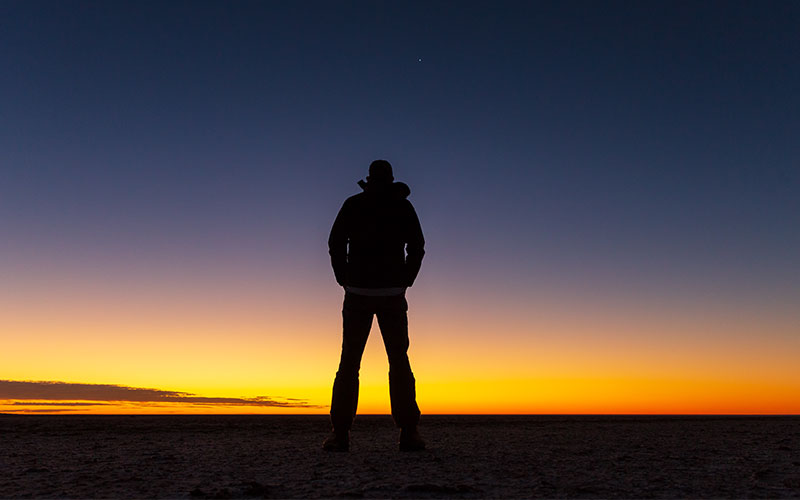 Mental Health and Wellbeing
Mental Health and Wellbeing
Program: Medicare Mental Health Centre
Medicare Mental Health Centre offers free mental health support in the Upper Hunter to people aged 18 and over. We provide free counselling, information about online services, and referrals to mental health or other health services.
Medicare Mental Health Centre is funded by the Australian and NSW Governments.
Medicare Mental Health Centre program page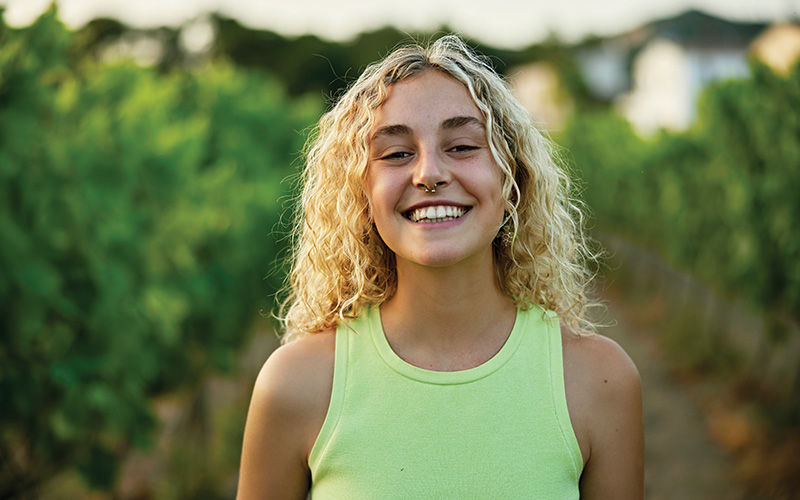 Mental Health and Wellbeing
Mental Health and Wellbeing
Program: Resilient Kids
We provide a range of mental health, social and emotional wellbeing services for children and young people (8 to 18 years old) impacted by floods or natural disaster in the Northern Rivers region. Resilient Kids sits across both our Mental Health and Wellbeing stream and our Disaster Recovery stream.
The Resilient Kids program is funded by Healthy North Coast through a grant provided by the Australian Government.
Resilient Kids program page Mental Health and Wellbeing
Mental Health and Wellbeing
Program: StandBy – Support After Suicide
StandBy supports individuals and communities affected by suicide.
We connect individuals to local resources and other helpful services. Educational workshops are also offered to increase understanding of suicide and bereavement, and fostering community support.
Servicing North Coast NSW; Hunter, New England and Central Coast NSW; Western NSW; Gold Coast Qld
Funded by the Australian Government
StandBy – Support After Suicide program page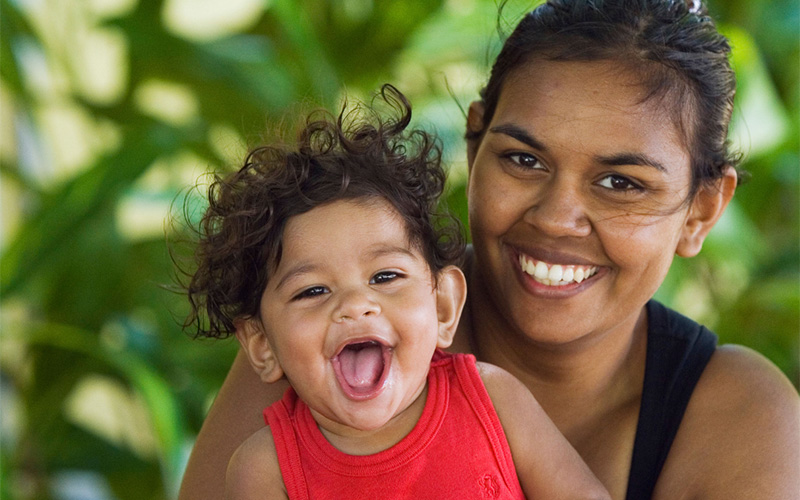 Mental Health and Wellbeing
Mental Health and Wellbeing
Program: The Bridge
Social Futures delivers a free alcohol and other drugs support service in the Upper Hunter. The Bridge offers counselling and specialist support including managing withdrawal; minimising harm; and accessing specialists and clinical services.
Servicing Singleton, Cessnock, Kurri Kurri, Muswellbrook, Maitland and surrounds
Funded by the NSW Ministry of Health
The Bridge program page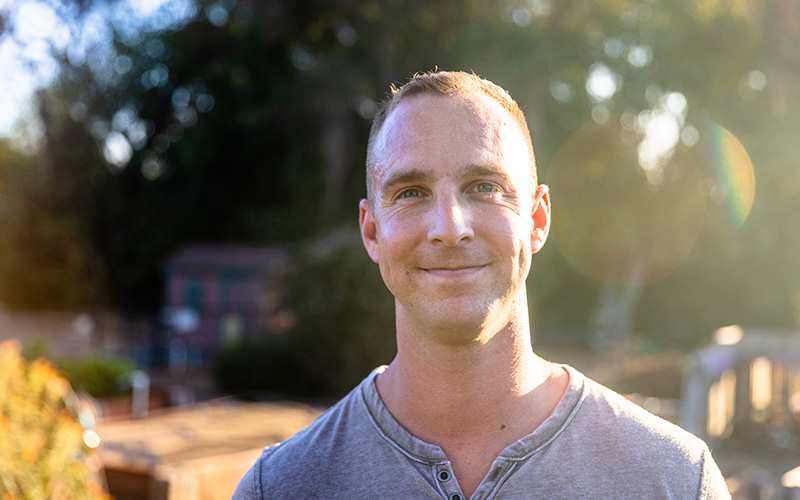 Mental Health and Wellbeing
Mental Health and Wellbeing
Program: Veterans Connect
Veterans Connect is a free service supporting Veterans and their families to link into support networks including health, social and community services. Experienced care coordinators listen, assist in identifying needs, and connect those seeking support to the right services.
Servicing Hunter New England and Central Coast
Funded by the Hunter New England and Central Coast Primary Health Networks
Veterans Connect program page
By the numbers |
8Programs |
6,223Active participants |
15,637Occasions of service |
245Events |
|---|
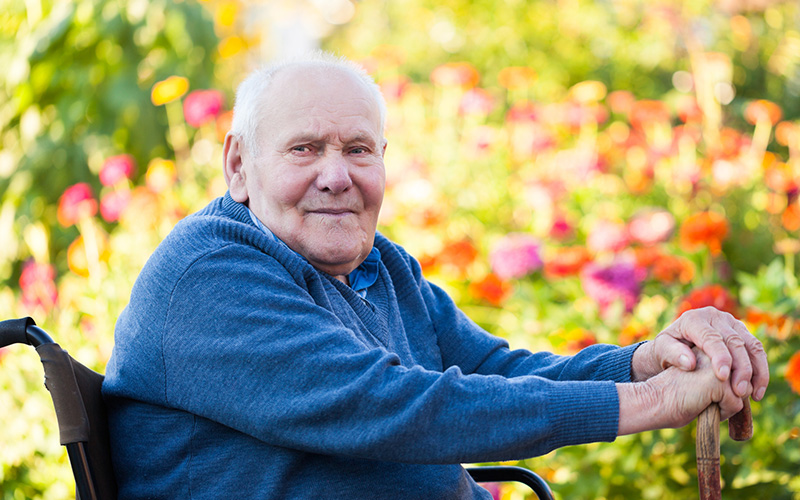 Mental Health and Wellbeing
Mental Health and Wellbeing
New beginning for an old digger
Arthur* served in Vietnam, and despite leaving the army in the mid-1970’s, life after service continued to be a series of battles.
Homelessness looms for an elderly man who served his country
For decades, Arthur navigated life with an array of mental health challenges, including PTSD, generalised anxiety disorder, and severe agoraphobia. On top of this, he lived with physical injuries and had multiple cancer diagnoses that made everyday mobility an uphill battle. Not having a family of his own, he also struggled with isolation. Then came a no-fault eviction on his rental property.
Ellie, Arthur’s Veterans Connect care coordinator said,
“This was additional pressure that Arthur really didn’t need.
“Arthur had lived in the Central Coast region for many years, but he really kept to himself and didn’t have a strong social network he could reach out to.”
A Central Coast-based Veteran-specific rehabilitation provider advocated for Arthur, first by applying to have his service recognised, linking him into health providers and support, and submitting claims with DVA. All of which was very helpful, but it was looming homelessness that kept Arthur awake at night.
Veterans Connect and the rehabilitation provider worked in partnership to try to find a property to suit but after months of meetings and advocacy attempts, no solution was in sight and every possible avenue was exhausted. The search was widened to Newcastle and Sydney to no avail. All options within NSW were then explored, but again, without success.
“We were getting a bit nervous; we know we are in the midst of a housing crisis and affordable rental properties are scarce. Arthur lives on an Aged Pension and uses a wheelchair which really limited the type of property that would suit him.”
Connecting Arthur with permanent accommodation for Veterans in regional Victoria
With just two weeks left before Arthur’s eviction date, a glimmer of hope emerged from an unexpected place: Victoria.
“I had made contact with a Veteran-specific service which offered a lifeline – what a relief! They had a vacancy just open up in their permanent accommodation for Veterans in a regional Victorian town. It is a village of one-bedroom apartments and is home to a dozen Veterans, many sharing similar stories and challenges to Arthur.”
“I was concerned Arthur wouldn’t like to move so far away from the Central Coast region he knew so well. But as luck would have it, he told me he had spent happy times visiting an Aunt in that area as a child and was open to the move. So, we jumped into action!”, said Ellie.
Ellie applied for the new accommodation and negotiated an extension on his lease, allowing time to move. The local Sub-Branch Welfare Officer volunteered to help pack and drive the Veteran to his new home, while the Victorian housing organisation covered the cost of the moving truck.
“All of these different organisations pitched in together, it was a true joint effort and thankfully, the transition was seamless.”
A new beginning for Arthur in a place of happy memories
“It’s been a fabulous outcome. Arthur is settled into his new home, and he said for the first time in years he has a back courtyard, where he can soak up the sunshine from his wheelchair.
“He’s also made a friend in his neighbour, who is a similar age and background, so he is finally breaking the isolation he once knew.
“What is incredible for me about this role is knowing that I am making a difference for people. Making sure that they have their basic needs met. Because everybody deserves that. Everybody deserves that dignity,” Ellie said.
* Name and locations changed to protect privacy
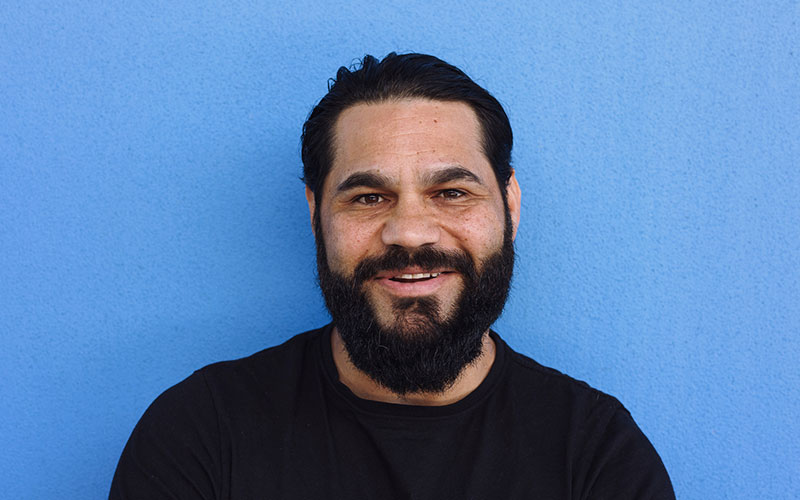 Mental Health and Wellbeing
Mental Health and Wellbeing
Tyler hits his recovery goals with Care Connect
In Port Macquarie, a young Dunghutti man named Tyler faced a challenging period marked by paranoia, anxiety, and depression. Hospitalised and feeling hopeless, Tyler had a passion for basketball and a dream for a better life that kept him going.
A turning point
Once discharged from hospital, Tyler was keen to get on with his life but reported to his Community Mental Health support worker feelings of hopelessness and not being worthy. Tyler’s turning point came with a referral to the Care Connect program by his support worker, where Tyler began a journey of recovery and transformation.
Care Connect walks alongside Tyler as he sets life goals
Tyler set clear goals:
- find a job
- live independently
- stop substance use
- overcoming mental health challenges.
Tyler works toward recovery from mental ill health
He diligently attended psychiatric appointments. Care Connect supported Tyler to get to his appointments. He was able to cease psychotropic medication, experiencing newfound mental clarity. Tyler’s relationship with his mother improved significantly, as they worked through their issues with the program’s help, leading her to proudly acknowledge “Tyler has turned his life around”.
Independent living, social connection and a new job
Tyler’s independence grew as he secured rental assistance and moved into his own unit. Reigniting his passion for basketball, he joined games three nights a week and regularly hit the gym. Tyler’s perseverance paid off when he started a new job in September, marking a key milestone in his journey.
Resilience, tenacity and the right support at the right time
The Community Mental Health team celebrated his progress by exiting him from their service, affirming his achievements in recovery. Tyler’s journey resulted in reduced housing instability, stronger family connections, enriched social participation, and enhanced mental and physical health. Tyler’s story is a testament to his resilience, underpinned by strengths-based and person-centred support from Care Connect.
* Name and locations changed to protect privacy
Social Futures delivered Standing Strong, an Australian-first employment program for women affected by domestic and family violence. Funding for this pilot program concluded in June 2024. We will complete our support of existing participants in January 2025.
Based on the Gold Coast, Standing Strong supported 177 women since the program launched in 2021. We celebrate their achievements. Many enrolled in study at university and TAFE. Others started careers in real estate, accountancy, NDIS support work and small business ownership.
Over the last three years, Standing Strong has walked alongside women as they:
- secured new and rewarding jobs
- grew in confidence and self-worth
- found accommodation and childcare
- made new friends.
Programs
 Employment Support
Employment Support
Program: Standing Strong
Standing Strong was a free program assisting women to gain skills, grow in confidence, find employment and achieve financial independence. We provided individual job readiness coaching and access to resume writing services for women affected by the impact of domestic and family violence.
Women leaving domestic and family violence situations often experience low self-esteem. In May 2024, our Wellbeing Workshop created an empowering space for women. They participated in activities that focused on rebuilding self-esteem and the importance of self-care.
Standing Strong launched on the Gold Coast in 2021. Funding for this pilot program concluded in June 2024.
Standing Strong was supported by the Australian Government Office of Women in the Department of the Prime Minister and Cabinet.
Standing Strong program page
By the numbers |
72Active participants |
1,226Occasions of service |
|---|
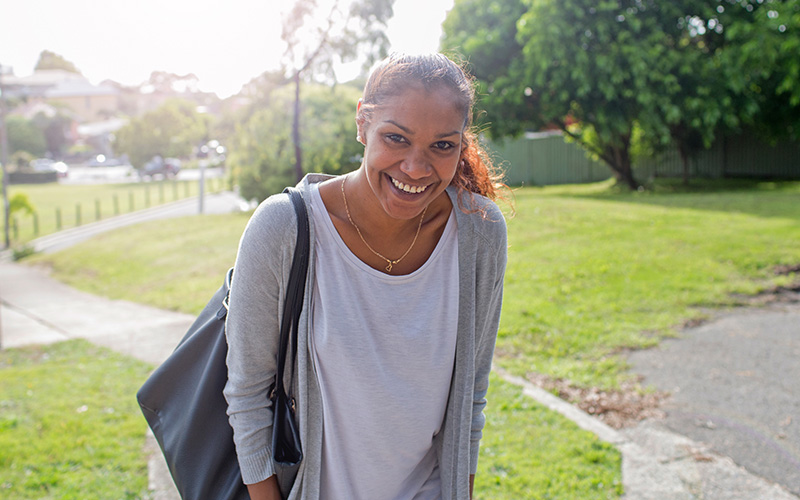 Employment Support
Employment Support
Sarah obtains a real estate agent’s licence
Sarah* left all her family and friends behind and moved interstate to escape a violent ex-partner. She arrived on the Gold Coast with her two daughters. It was a very difficult time as she missed her friends and family terribly and had no support.
Standing Strong supports Sarah’s move into real estate as a career
Sarah was referred to the Standing Strong program by a charity supporting Sarah and her girls. She wanted help to get back into the workforce. Sarah had very little money, two daughters to care for, and rent to pay. She was doubting herself and her ability to succeed in a workplace.
But Sarah loved houses and meeting new people, and when her Standing Strong worker asked her what job she’d like to do, real estate was the first thing that came to mind.
Standing Strong helped her to qualify for a real estate license – Sarah’s worker assisted her to enrol in the training and covered the cost of getting her real estate agent’s license.
Job interviews and a brighter future for Sarah
Her case worker helped her put together a great CV and linked her to a charity that gives new clothes (donated by fashion brands) to people in need. Now Sarah is going for job interviews with real estate agencies.
Self-confidence restored for Sarah
Sarah’s self-esteem has been restored. She is positive she will soon land a job and have the money to care for her girls.
“Social Futures helped me by giving me the courage to move forward with confidence,” Sarah said.
“I knew they were there to support me to move forward. They gave great advice and encouraged me to put a plan in place for the future. And they assisted by paying for me to finish my real estate licence. I could never have done this on my own.
“Now I can go out and get work in the real estate industry. I feel like they have ‘fast-forwarded my life’. Without them, I’d be making slower progress.”
Sarah again believes in herself and the future.
*Names and places changed for privacy, stock image used
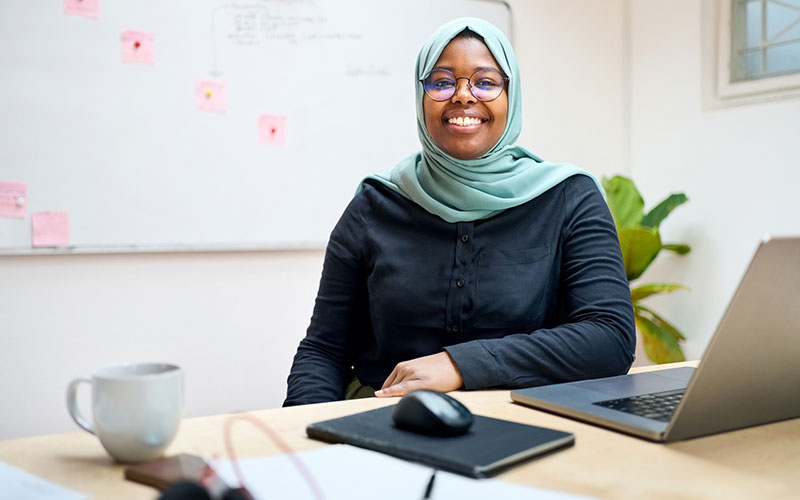 Employment Support
Employment Support
Jade secures a full-time professional role
After leaving a violent relationship, Jade* came to Standing Strong, referred by a domestic violence support service.
Dreams of a new life in Australia
She’d come to Australia on a visa with a wealth of professional knowledge and experience from her home country. Jade was working casually in hospitality, earning just enough to cover her rent and some basic needs, so money was tight. Jade’s long-term goal was to stay in Australia and to study.
Jade was really determined to stay in Australia and start a new life. All her family lived overseas; she had limited friendships in Australia. Standing Strong linked Jade to the appropriate domestic violence support services for her specific needs.
Standing Strong supports Jade through financial hardship
Another step was to look at other job opportunities. Through a housing support workshop, Jade was able to gain access to new, free clothing for job interviews.
Jade was relentlessly applying for new jobs, but she kept getting knocked back. She was starting to lose hope. Standing Strong continued to provide encouragement and gave her vouchers to help with her finances – to get her through the week.
Jade upskills and secures housing and employment
Jade enrolled herself in courses to increase her skills and employability.
Standing Strong worked with another employment service, which Jade managed to secure an interview through. Jade was successful in securing a full-time professional job that paid much more than her casual hospitality work.
With Standing Strong walking alongside Jade through her journey, Jade is now in a good place. She feels financially stable and has secure housing and employment.
*Names and places changed for privacy, stock image used
Care finder services is a national program connecting senior people with aged care, health and community services. Social Futures began delivering care finder services across Central West NSW in April 2023, a region where many older people are living in rural community or isolation, unaware of what support is available. Since launch, our care coordinators have helped over 160 of our most vulnerable seniors find and connect with local supports to foster independence while living in their own home.
In the past year, our team has earned the trust of older Australians through:
- building strong community connections
- participating in 128 community engagement events
- direct outreach to remote communities
- regularly connecting and building relationships with service providers, ensuring strong referral paths with general practitioners
- specialist understanding of My Aged Care program and the National Disability Insurance Scheme
- using our expertise to support seniors by listening, explaining their options, and walking alongside them as they make informed care decisions.
Programs
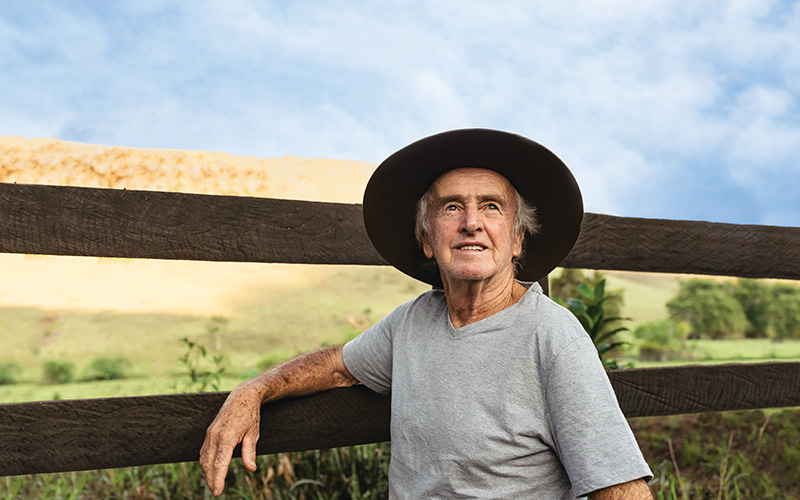 Seniors in Community
Seniors in Community
Program: Care finder services
Helping seniors find the care services they need. Care finder services assist older Australians access the aged care system, connect with supports, access health programs, and find and connect with other services and programs. Learn more about care finder services.
Servicing Dubbo, Narromine, Gilgandra, Warrumbungle and the Mid-Western regions of NSW
This service has been made possible by funding from Western NSW Primary Health Network.
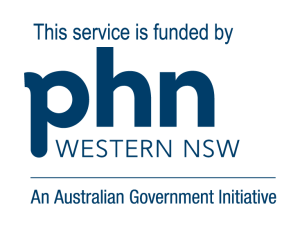
By the numbers |
144Active participants |
133New participants |
754Occasions of service |
|---|
At the heart of everything we do is our vision for creating stronger communities, filled with thriving people. One of the many ways we can achieve this is through our social impact projects.
Demonstrating a long-term commitment to providing comprehensive support for vulnerable people, our social impact strategy seeks to address a critical supply shortage of affordable and temporary housing solutions. We will continue to find solutions that align with this goal.
We’re increasing the availability of services that benefit the community in Byron Shire. Social Futures, in partnership with Byron Shire Council, transformed the old Byron hospital site into a mixed-use community hub called Byron CoLab on Arakwal Country. Byron Shire Council redeveloped the site and handed it over to Social Futures in August 2024.
Programs
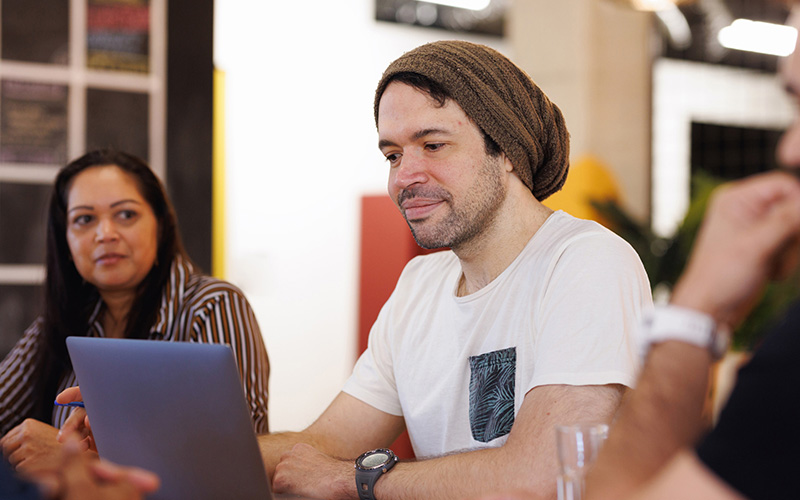 Social Impact Projects
Social Impact Projects
Program: Byron CoLab on Arakwal Country
Our vision for Byron CoLab on Arakwal Country is to:
- increase availability of services that benefit the community (e.g. health, wellbeing, employment, education and cultural)
- establish a space for organisations to connect, collaborate and strengthen the social fabric of the Byron Shire
- improve social outcomes to increase resilience for the people of Byron Bay Shire.
Learn more about Byron CoLab on Arakwal Country.
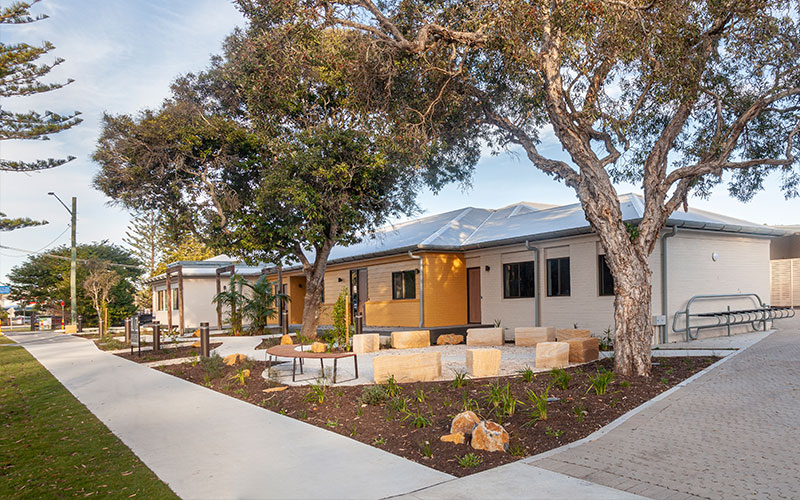 Social Impact Projects
Social Impact Projects
Byron CoLab on Arakwal Country nearing completion
We’d love to share with you the latest progress photos of Byron CoLab on Arakwal Country, a mixed-use community hub.
View Byron CoLab on Arakwal Country image gallery
Social Future has strong experience supporting disaster recovery, living and working in flood-affected communities. We have three programs that are focused on supporting people impacted by natural disasters: Recovery Connect, Strong Minds in the Early Years and Resilient Kids.
Following the Northern Rivers flood events of 2022, Social Futures has assisted thousands of individuals and families affected by the natural disaster.
Recovery Connect delivers services to support, connect and guide people through the variety of post-disaster services, legalities and recovery information available. Recovery Connect received a generous donation from the Lismore Catholic Diocese. This enabled us to provide some direct financial support to people impacted by the flood as a result. Funding for this program was recently extended until May 2025. You can learn more in the Housing and Homelessness section of this report.
Our Strong Minds in the Early Years program worked directly with families, educators and young children to help children recover, reduce the impacts of post-traumatic stress disorder and thrive post-floods. The program concluded in November 2023. Over 600 children, 192 educators and 50 family members were supported through this initiative. A robust evaluation demonstrated significant improvements in every domain measured for the children, families and educators involved. You can learn more in the Children, Youth and Families section of this report.
Resilient Kids, launched in November 2023, is providing a range of mental health, social and emotional wellbeing services for children and young people impacted by natural disaster in the Northern Rivers. You can learn more in the Mental Health and Wellbeing section of this report.
By the numbers |
480Recovery Connect active participants |
575Strong Minds in the Early Years active participants |
243Resilient Kids active participants |
1,825Resilient Kids group participants |
|---|
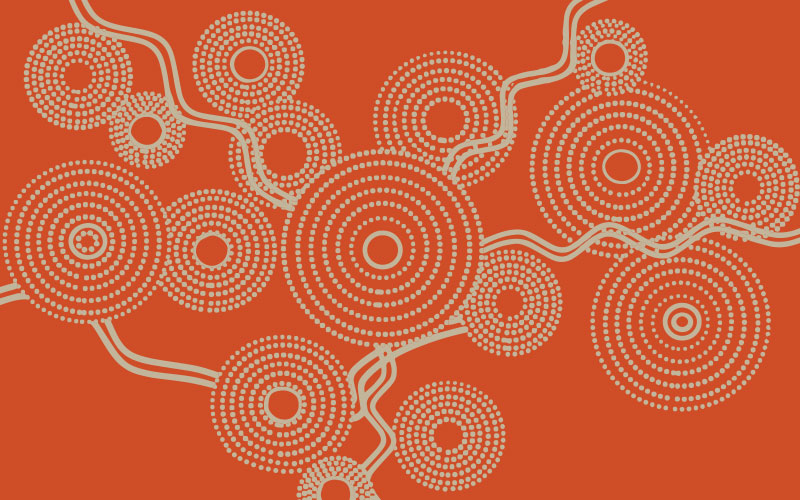 Children, Youth and Families
Children, Youth and Families
Turning up for healing in Coraki
The small riverside town of Coraki in the Bundjalung Nation was badly impacted by the floods of 2022 and is yet to recover. Every week for the past 10 months, Elements program worker Tressa Kennedy has been holding art-focused therapy groups at Kurrachee Aboriginal Cooperative in Coraki.
Elements children and family counselling program
Delivered by Social Futures, Elements is a family relationship counselling program which helps build wellbeing and improve and repair family relationships.
According to Tressa,
“It’s all about just turning up. Sometimes I run groups and there are one or two mothers joining me, sometimes ten, and sometimes no one. But what is important is that I am there.
“I know they appreciate me being there consistently. It happens a lot in this community where they are promised things that don’t happen. I am trying to at least be present. I can’t wave a magic wand, but I can turn up.”
Kurachee – a vital community link
Since the nearby community of Box Ridge lost its Community Centre, which for many years was the heart of its community, Kurrachee has become a vital link to access services.
Focus on healing and trust
Tressa works with people to help them to find their own purpose and place within their family and community, to recognise and address negative patterns of behaviour and to create healthy relationships.
“My focus is on healing trauma. I have been working mostly with mothers, but sometimes with children and young people too.
“The afternoon art circle allows mums some quiet space and time for themselves before the children get home from school. They can come and do art; they can talk or choose to be quiet. It is a therapeutic space which can be whatever people need it to be on the day.
“It takes a lot of time to build trust, to build relationships. Like so many Aboriginal communities, there are entrenched issues of colonialism, a deep mistrust of services and domestic and family violence is also present.
“So, to have consistent support is a huge thing, and that is the idea of this space. To have somewhere that young people or mums can turn up to and know that someone is going to be there to talk to, that there is an activity they can do.”
Expanded support for young people
There will be increased support for young people when Social Futures begins delivering youth counselling services, as well as a creative tech space for young people at Kurrachee.
Elements, funded by the Australian Department of Social Services, delivers family counselling services to Lismore, Casino, Coraki, Evans Head and Ballina.
Advocacy
Using our voice
The needs and changes in our communities drive advocacy at Social Futures. Across Australia, and magnified in regional areas, cost-of-living and housing pressures continue to rise, affecting the most disadvantaged people. We lobbied local, state and federal decision-makers; participated in a state disaster recovery roundtable; presented at conferences; and undertook countless media interviews. Our voice reached almost 6 million people through digital and traditional media, with over 500 media mentions in the last 12 months.
Select options below for more information.
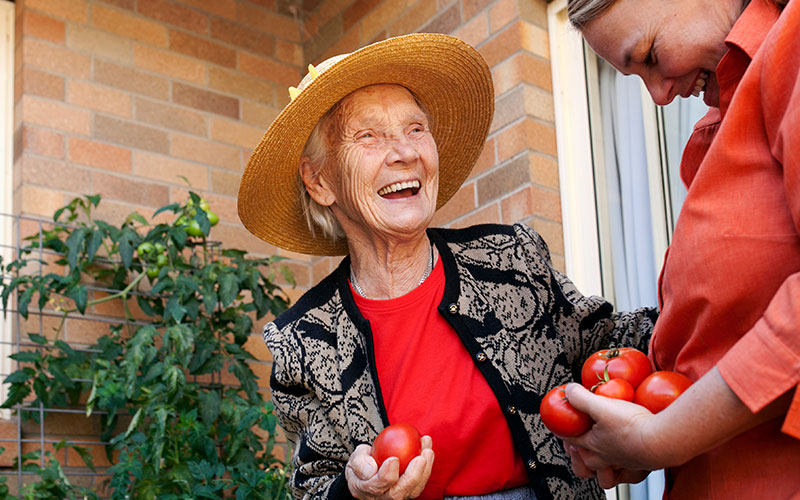
Affordable housing
We’re building awareness and calling for change, seeking:
- more investment in temporary, social and affordable housing
- regional targets for new social and affordable housing funding
- inclusion of social and affordable housing targets in future flood land releases
- longer-term funding for disaster recovery services
- expansion of community capacity support to prepare for, recover from and adapt to future disaster events.
Social Futures explored new initiatives to support the supply of temporary and affordable housing.
- We looked at better ways to provide temporary accommodation for people who are experiencing homelessness, with NSW Minister for Housing, Rose Jackson, through a Sydney-based working group attended throughout the year by our CEO, Tony Davies.
- In October, Mr Davies attended the National Housing Conference in Brisbane, a forum that examined significant policy reforms and best practice in delivering housing options to Australians.
We leveraged advocacy campaigns such as Youth Homelessness Matters Day with some extraordinary media results – broadcast via the Sunday Telegraph, Courier Mail, Gold Coast Bulletin, Cairns Post, Northern Territory News, Daily Telegraph Australia online, NBN Gold Coast, NBN NSW, Channel 7, ABC – and more! Millions of people, including real estate agents and landlords received the message that young people just need a fair go when it comes to rentals.
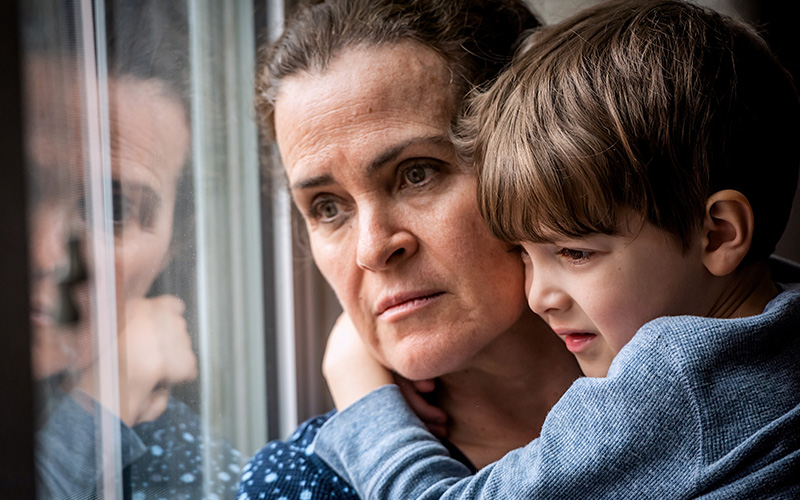
Disaster recovery
Increasing hardship is being compounded by slow recovery from unprecedented natural disasters and the pandemic.
Social Futures CEO Tony Davies met with NSW Premier Chris Minns and NSW Minister for Housing, Rose Jackson, along with Member for Lismore and Parliamentary Secretary for Disaster Recovery, Jannelle Saffin for a round table discussion in July 2023, a conversation focused on housing, homelessness, and community wellbeing.
February 2024 marked the two-year anniversary of the Northern Rivers flood events. Social Futures used this opportunity to advocate for regions impacted by extreme weather events reaching audiences through more than 30 media stories across national and local outlets.
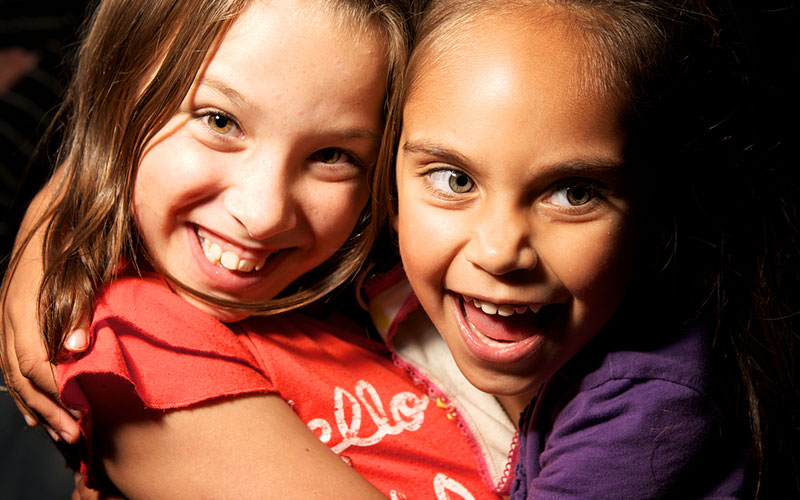
First Nations allyship
We continue our First Nations allyship through NAIDOC activity across our footprint, Kinship Festival and Koori Knockout sponsorship, and connecting on country at community events.
Social Futures supported the Voice to Parliament, as an important first step towards justice for First Nations people, part of a broader commitment to implement the Uluru Statement from the Heart. We partnered with Reconciliation Australia and 70-plus other organisations, advocating for this constitutional change via in Reconciliation Australia’s RAP Partner Joint Statement.
Across our communication channels, Social Futures championed eight First Nations advocacy days.
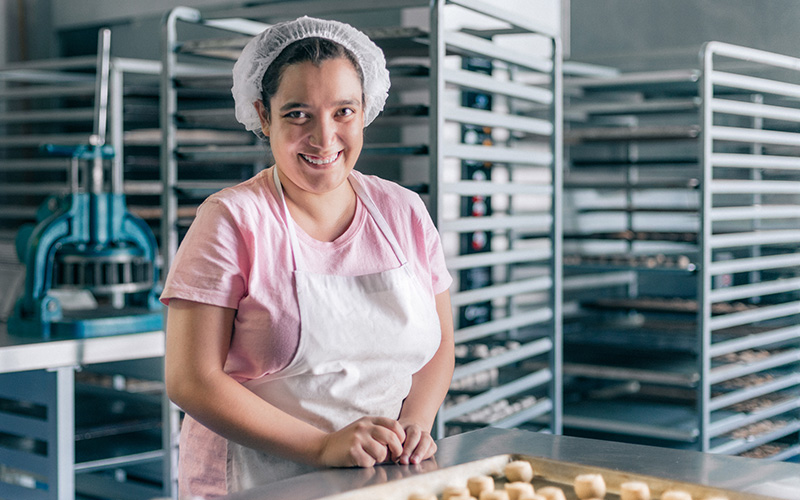
Inclusion
Social Futures is committed to fostering inclusion and amplifying the voices of people living with disabilities, mental health challenges, and the LGBTIQSB+ community. We proudly acknowledge key advocacy days, including Global Accessibility Awareness Day, International Day of People with Disabilities and Mental Health Month, to highlight the importance of accessibility and acceptance for all.
Over the last year, we’ve used our platforms to:
- Support 12 disability inclusion advocacy days, including Brain Injury Awareness Week
- Highlight our participation at the 15th Annual National Disability Summit in Melbourne
- Show our LGBTIQSB+ allyship through eight advocacy campaigns
- Encourage mental health awareness and acceptance, supporting nine advocacy campaigns.
We partnered with fellow not-for-profit organisations to champion these messages. We also received our Rainbow Tick accreditation and won a Regional Business award for Excellence in Diversity and Inclusion.
Partners
Thank you to our funders and partners.
We are proud to work with communities, organisations and government. Together, we can achieve positive social change across our communities.
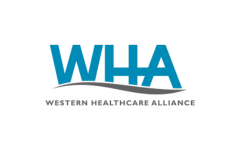
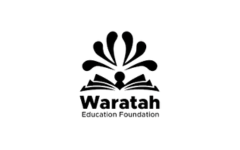
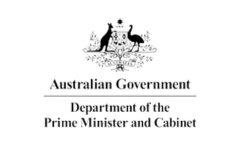
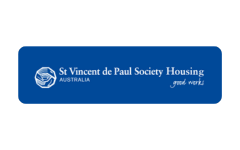
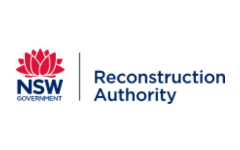
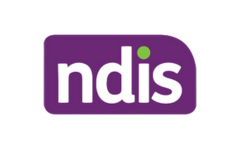
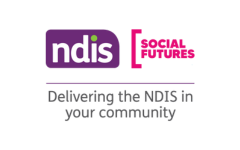
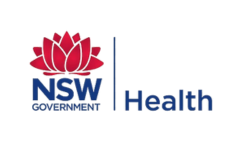
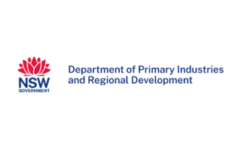

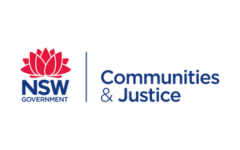

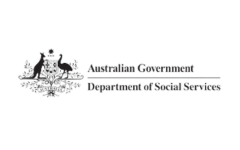

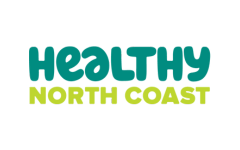


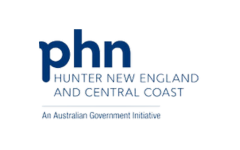
Partners
- Amelie Housing
- Anglicare North Coast
- Autism Camp Australia
- Bulgarr Ngaru Medical Aboriginal Corporation
- Byron Shire Council
- Byron Youth Service
- Caldera High
- CASPA
- Connect Northern Rivers
- Department Of Education
- Dr Sally Ryan
- EACH
- Family Centre Australia
- Health Voyage
- Human Nature Adventure Therapy
- Kyogle Family Support Service
- Launch Housing
- Maari Ma Health Aboriginal Corporation
- Marathon Health
- Ministry Of Minds
- Momentum Collective
- Mudyala Aboriginal Corporation
- Murwillumbah Community Centre
- North Coast Community Housing
- NSW Police Force
- NSW Dpt Primary Industries & Regional Development
- On-Q Human Resources
- Open Minds Australia
- Pathfinders
- Police Citizens Youth Clubs NSW
- Queer Family
- Rekindling The Spirit
- Rotary Club of Terrigal
- St Vincent De Paul Society NSW
- Surfing Australia
- The Buttery
- Tribes Adventure Group
- Tweed Shire Council
- We Al-li
- Wellways Australia
- Yoorana Gunya Family Healing Centre Aboriginal Corp
Financials
Social Futures financial snapshot.
At the end of this year, our financial results are elevated due to receiving service delivery funds earlier than expected. This has inflated our reported surplus and net equity. We received an extra $4.59 million, increasing the reported surplus to $5.645 million. These funds are currently in cash and term deposits and are included in our net equity position. After adjusting for these early funds, our operating surplus for the financial year 2023–24 is $968k, and our adjusted equity stands at $10.626 million.
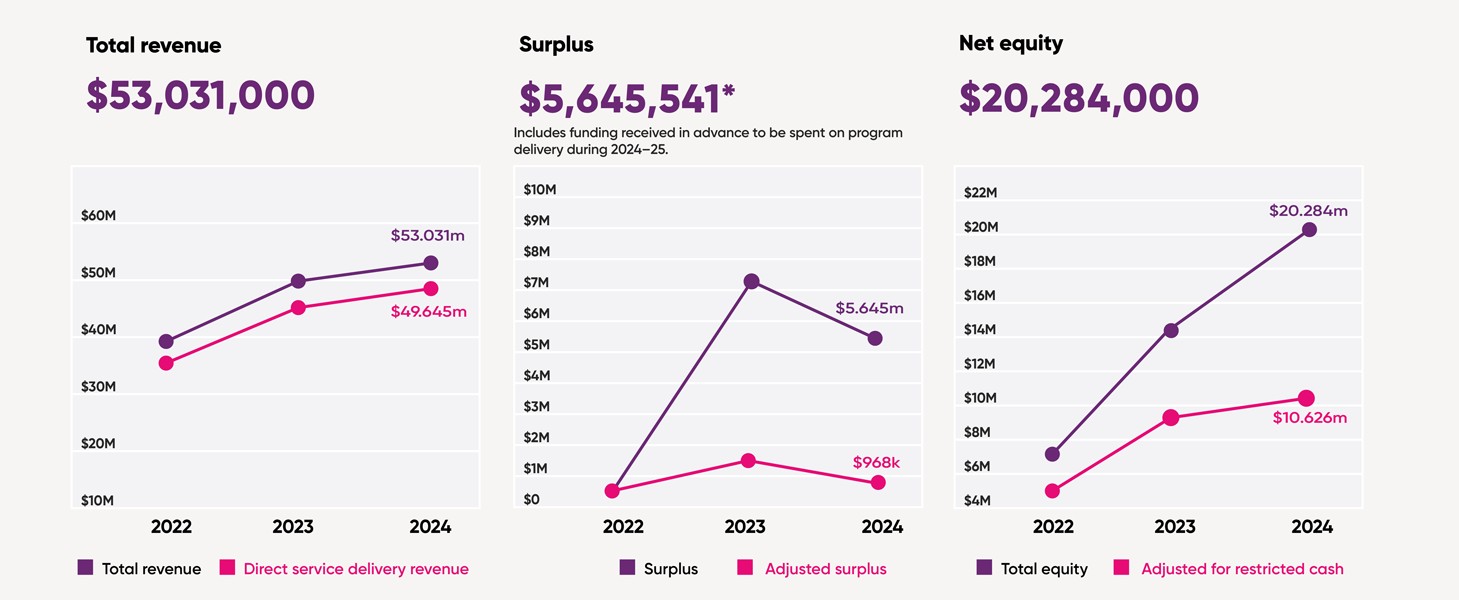
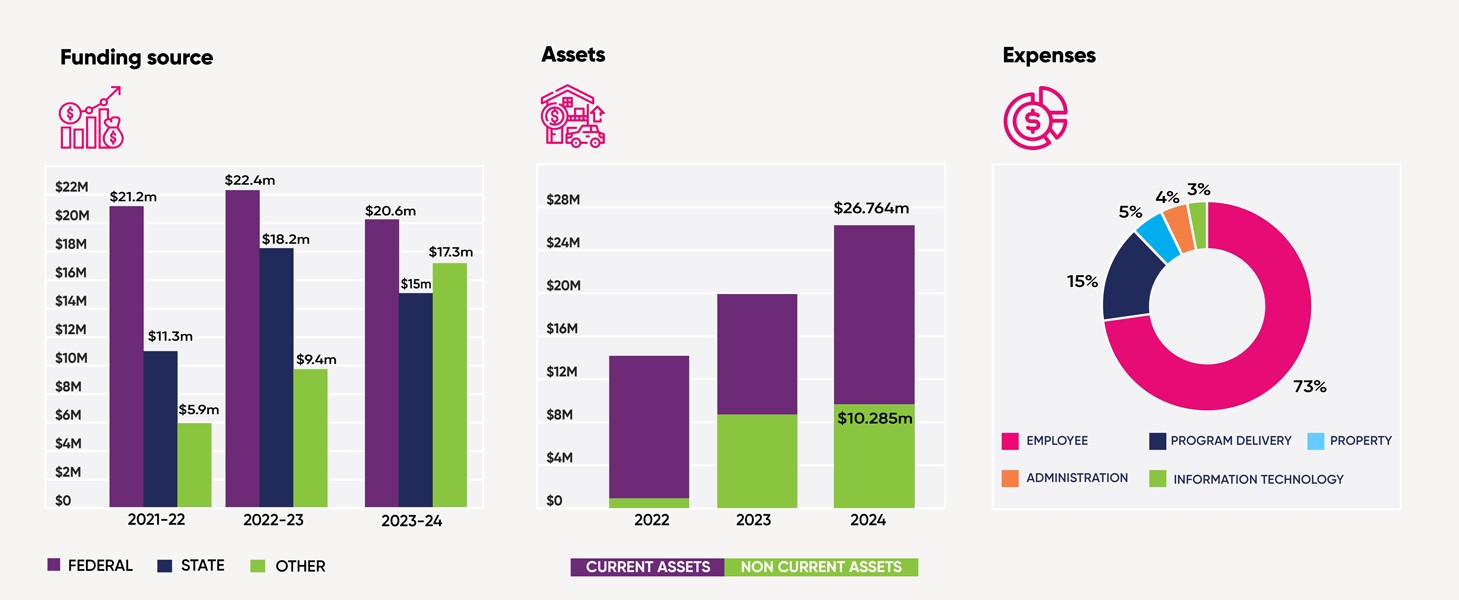
Download the 2023–2024 annual report summary
DownloadThank you
We would like to thank all our staff, funders, stakeholders, board, executive members and most of all our service users, for your valuable support.
